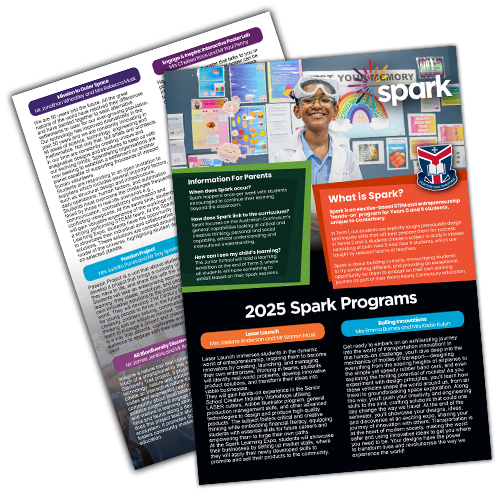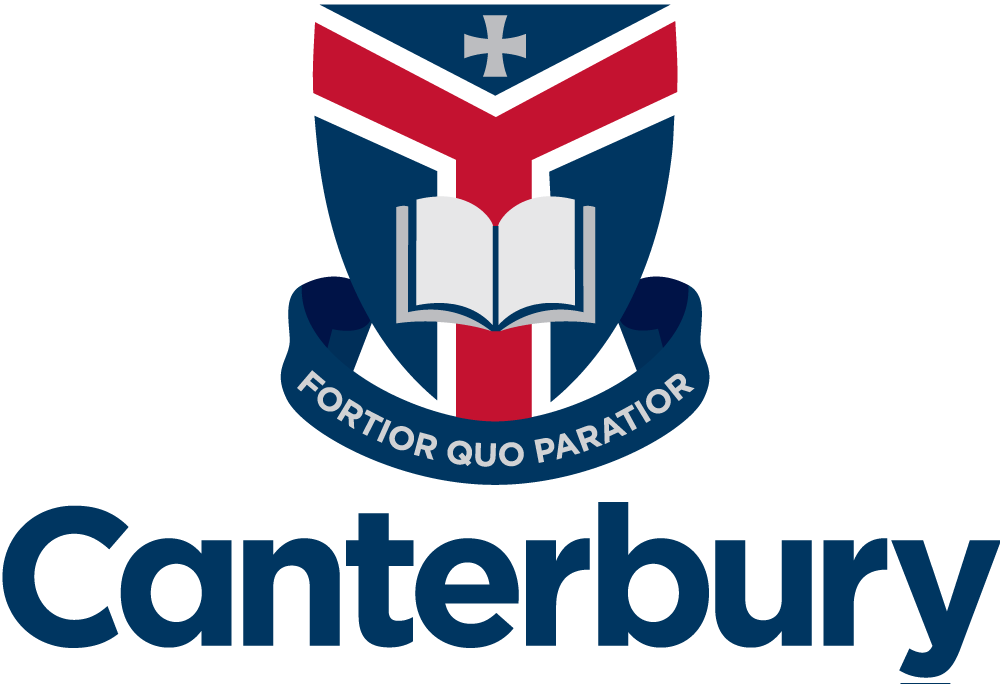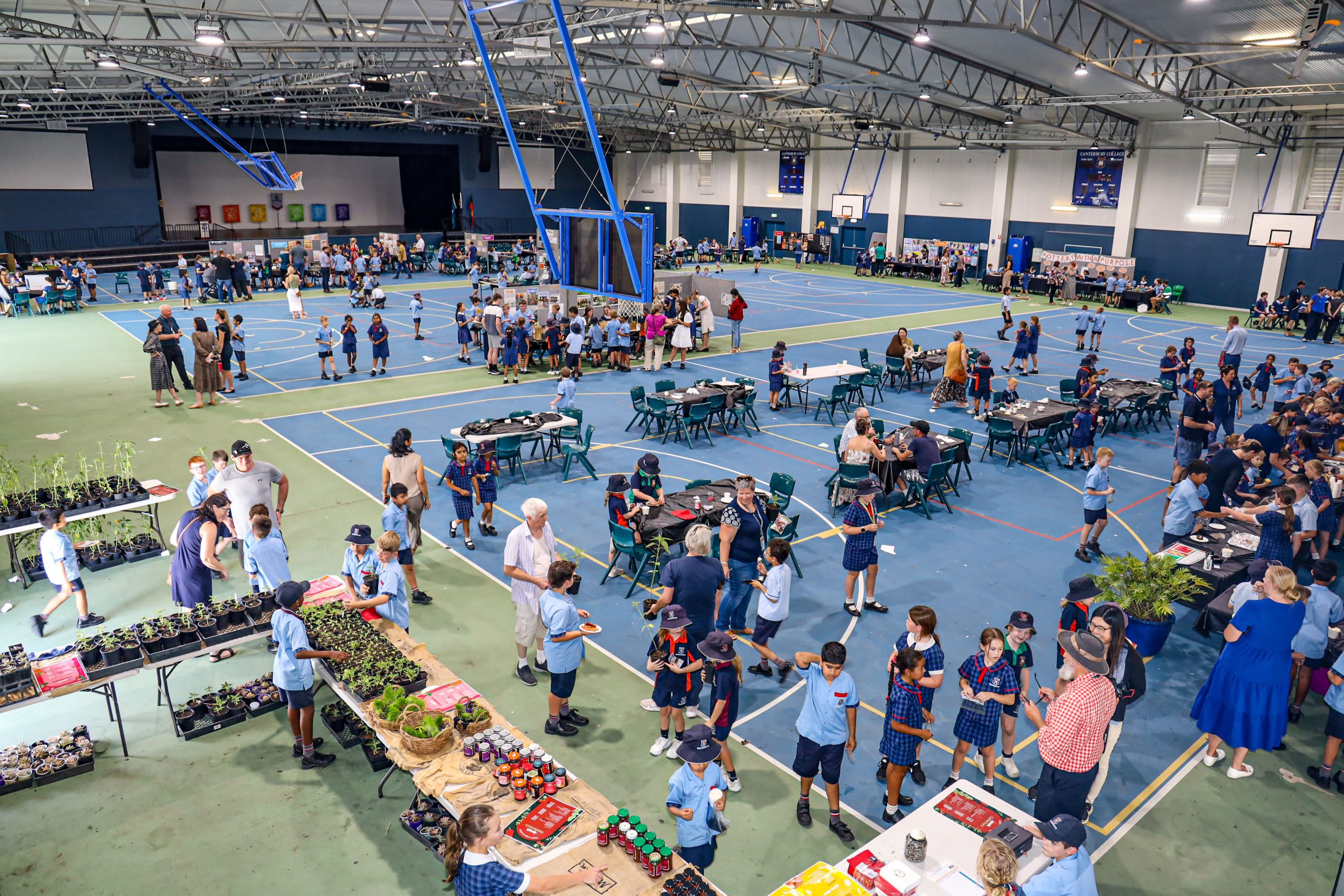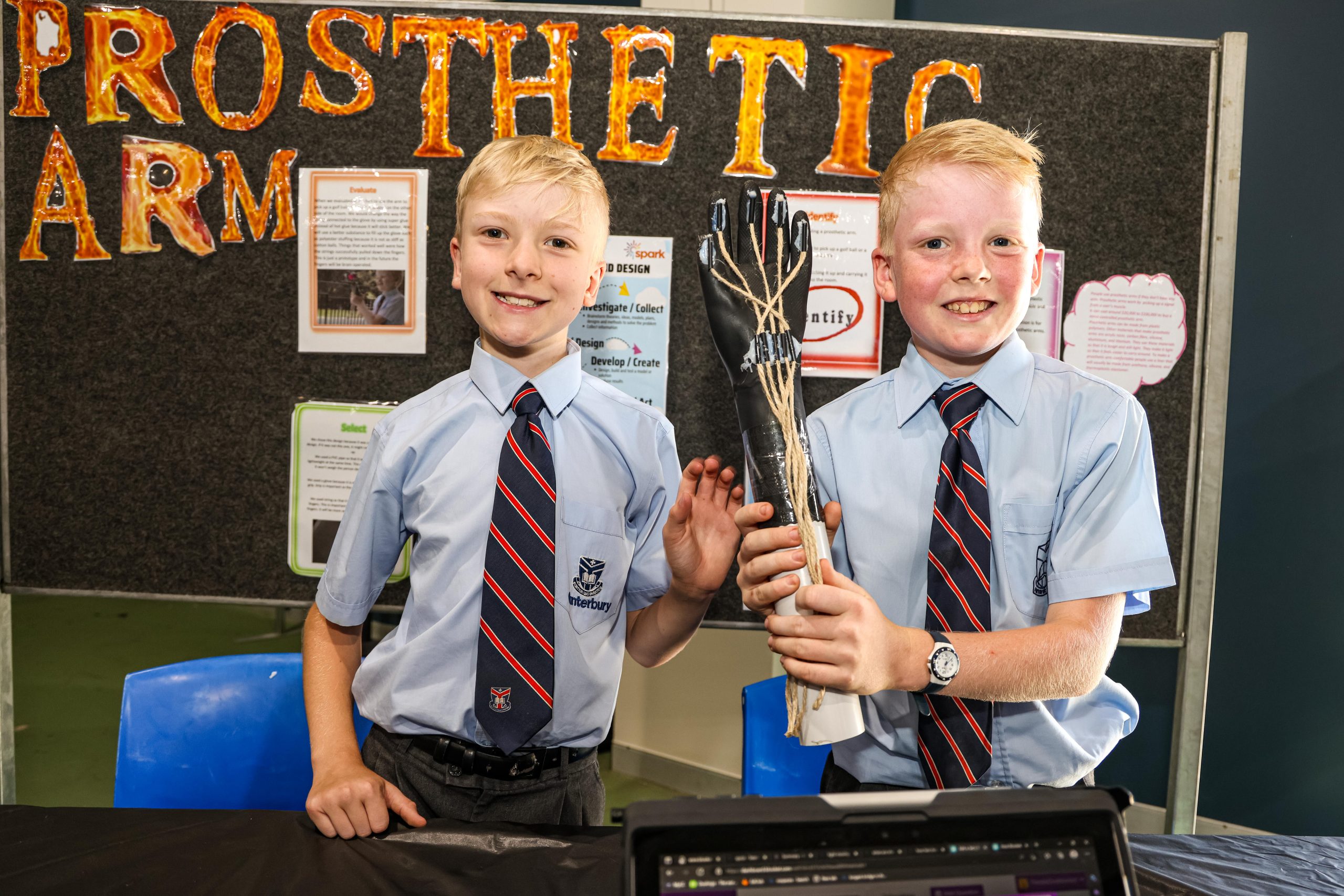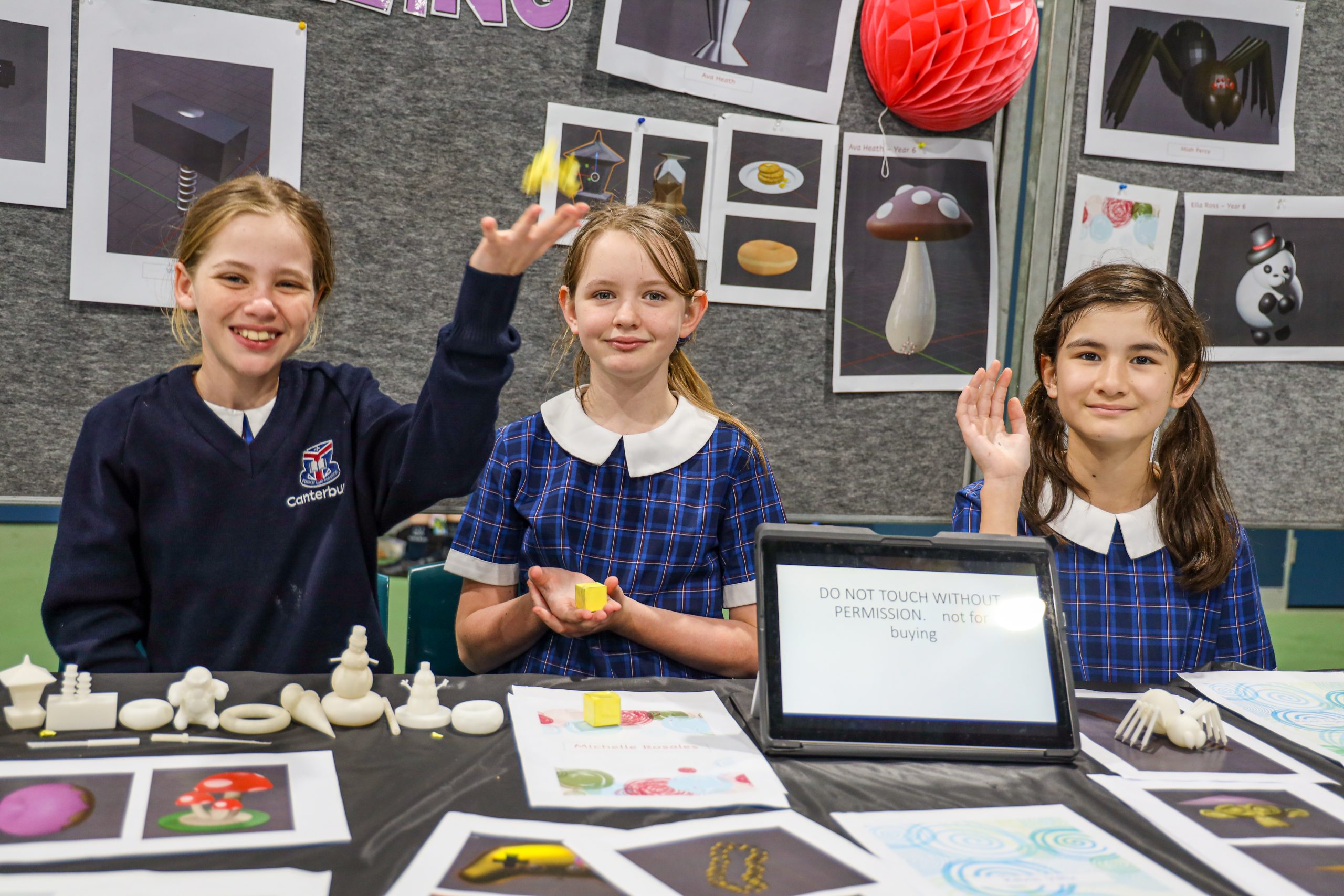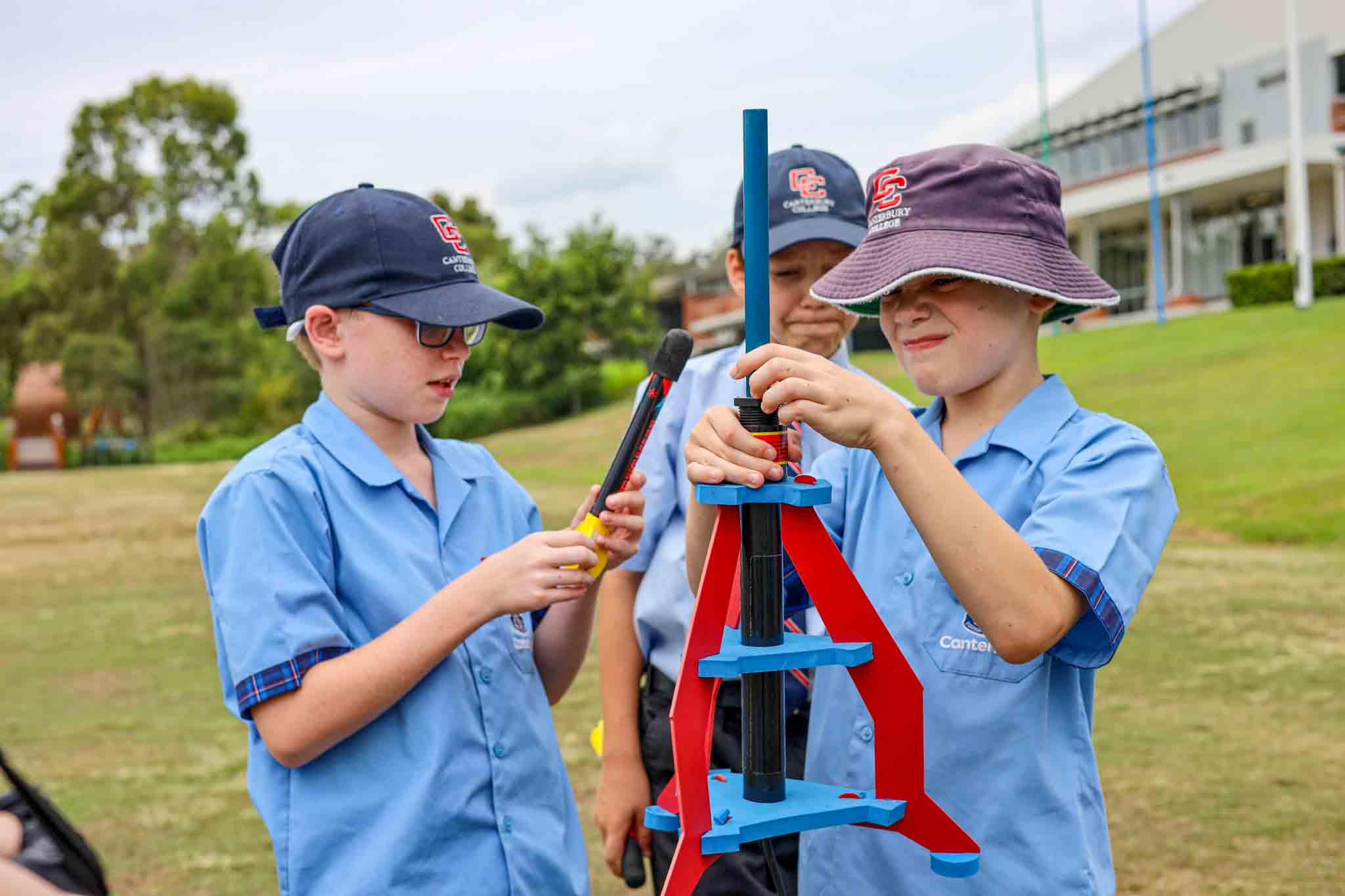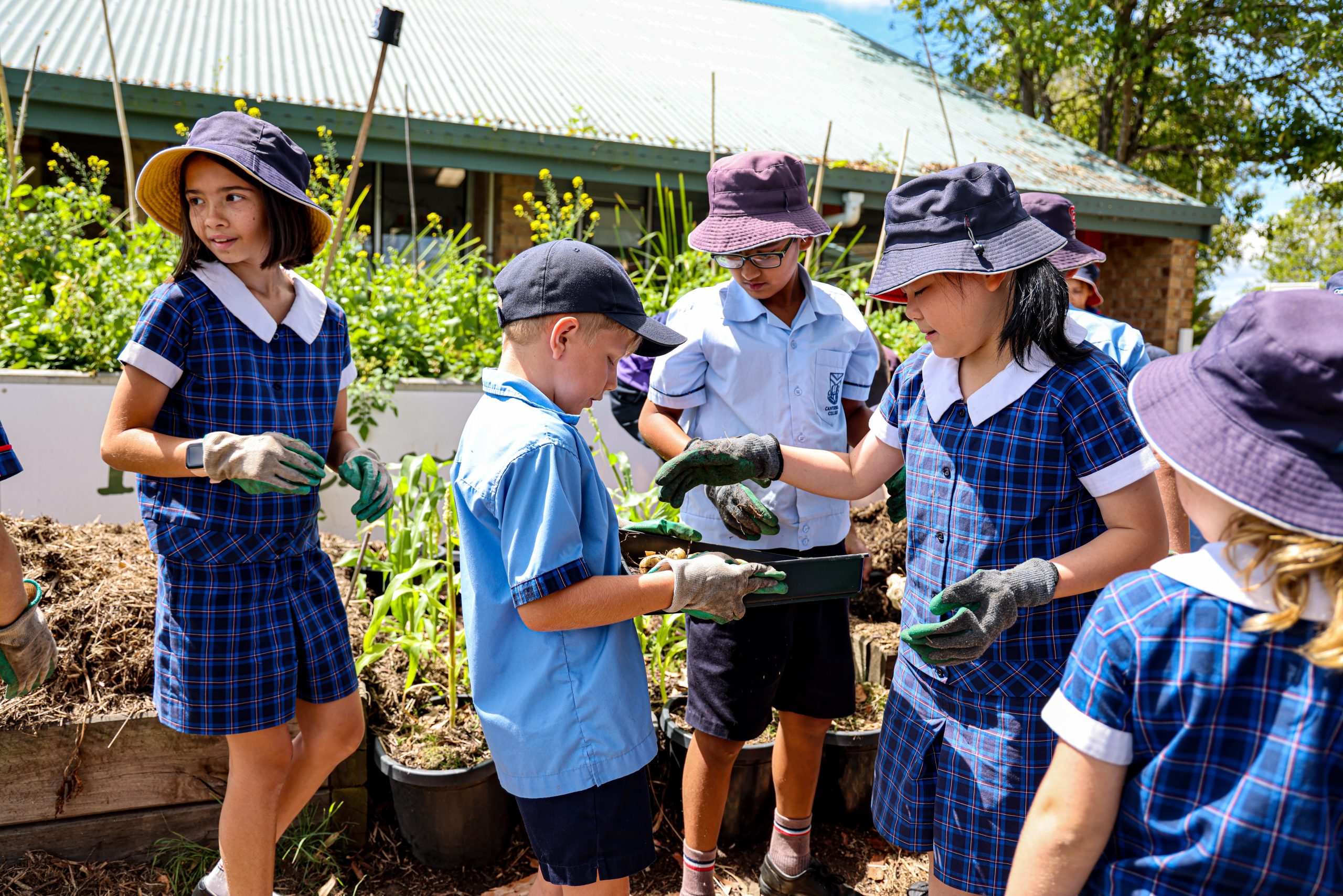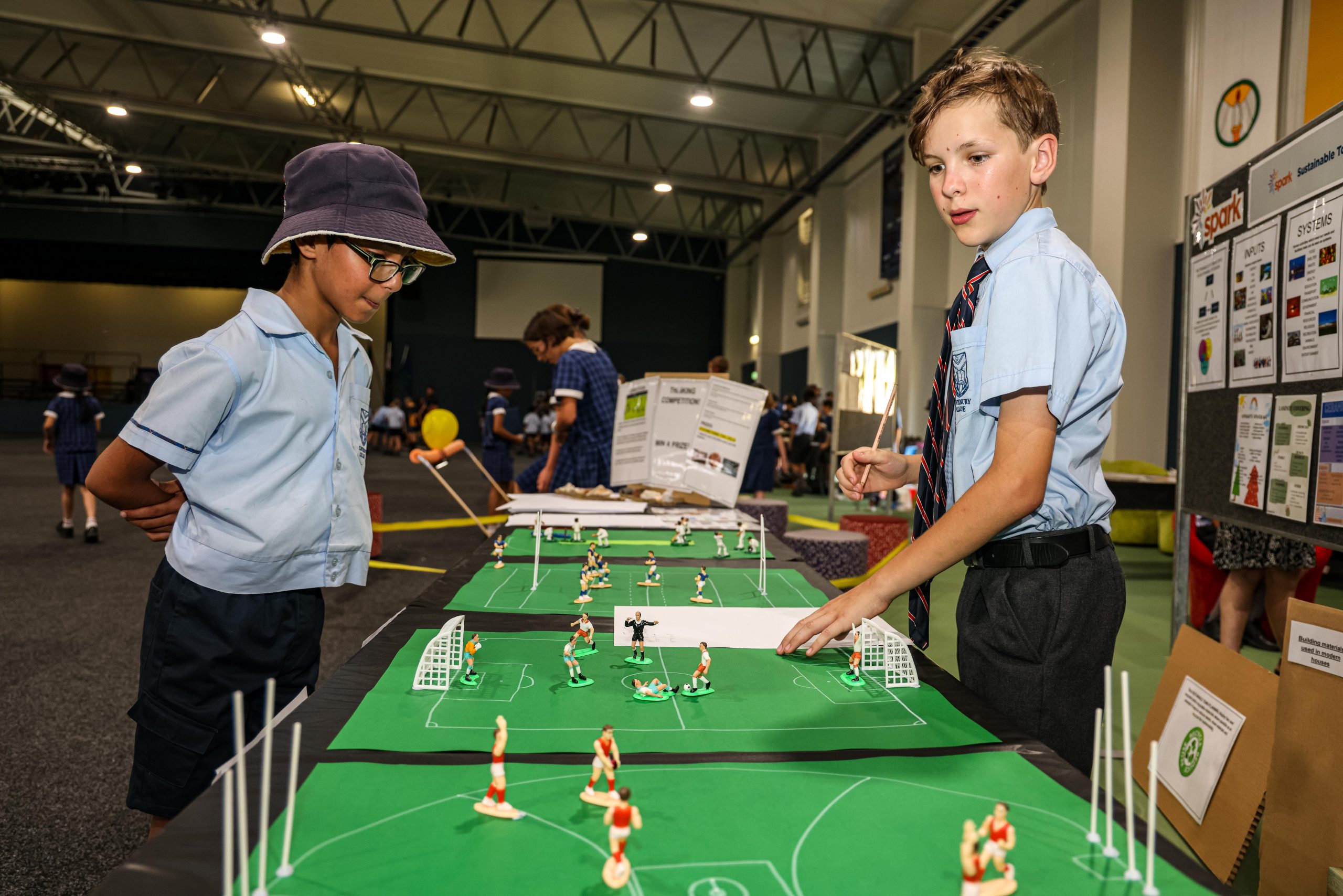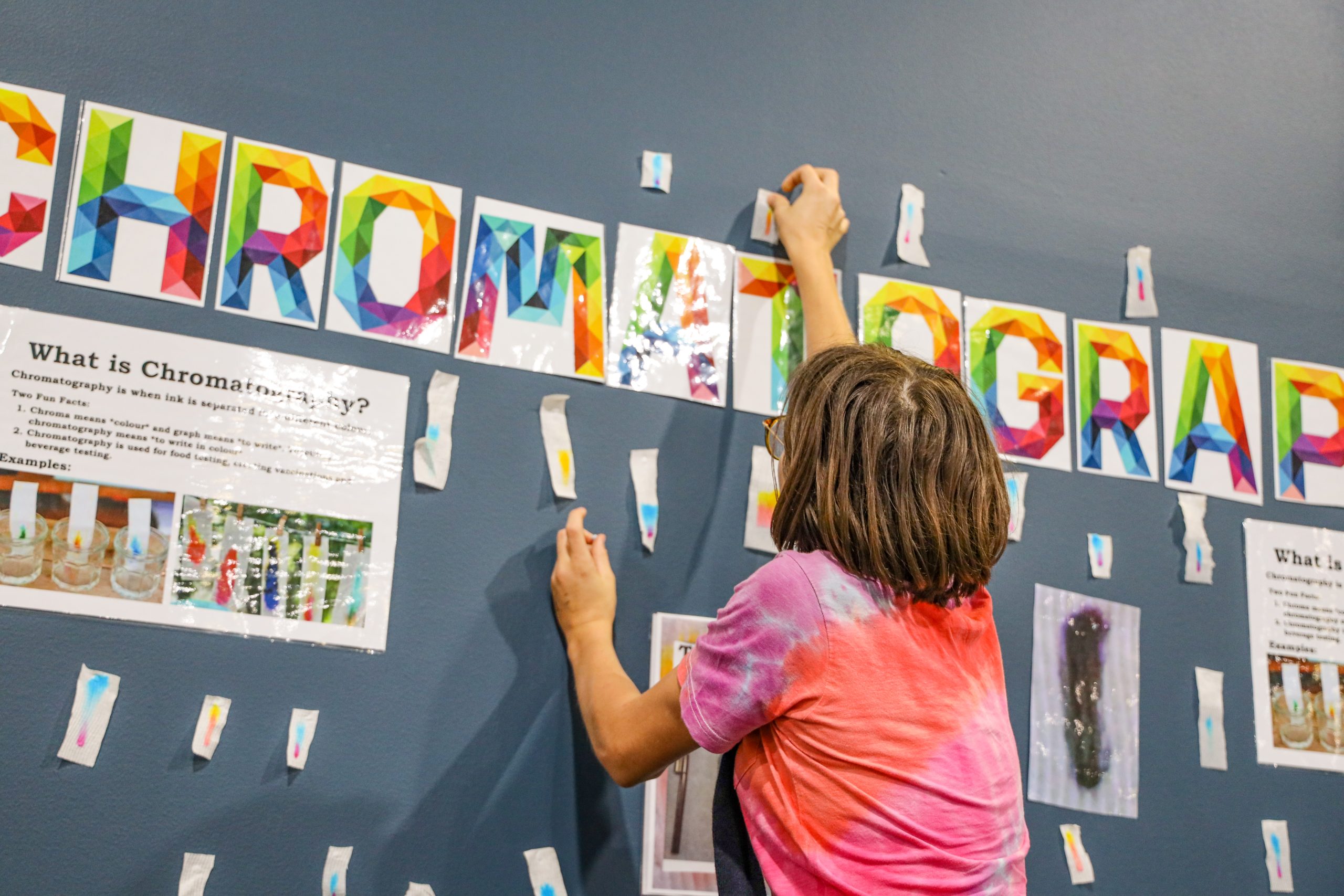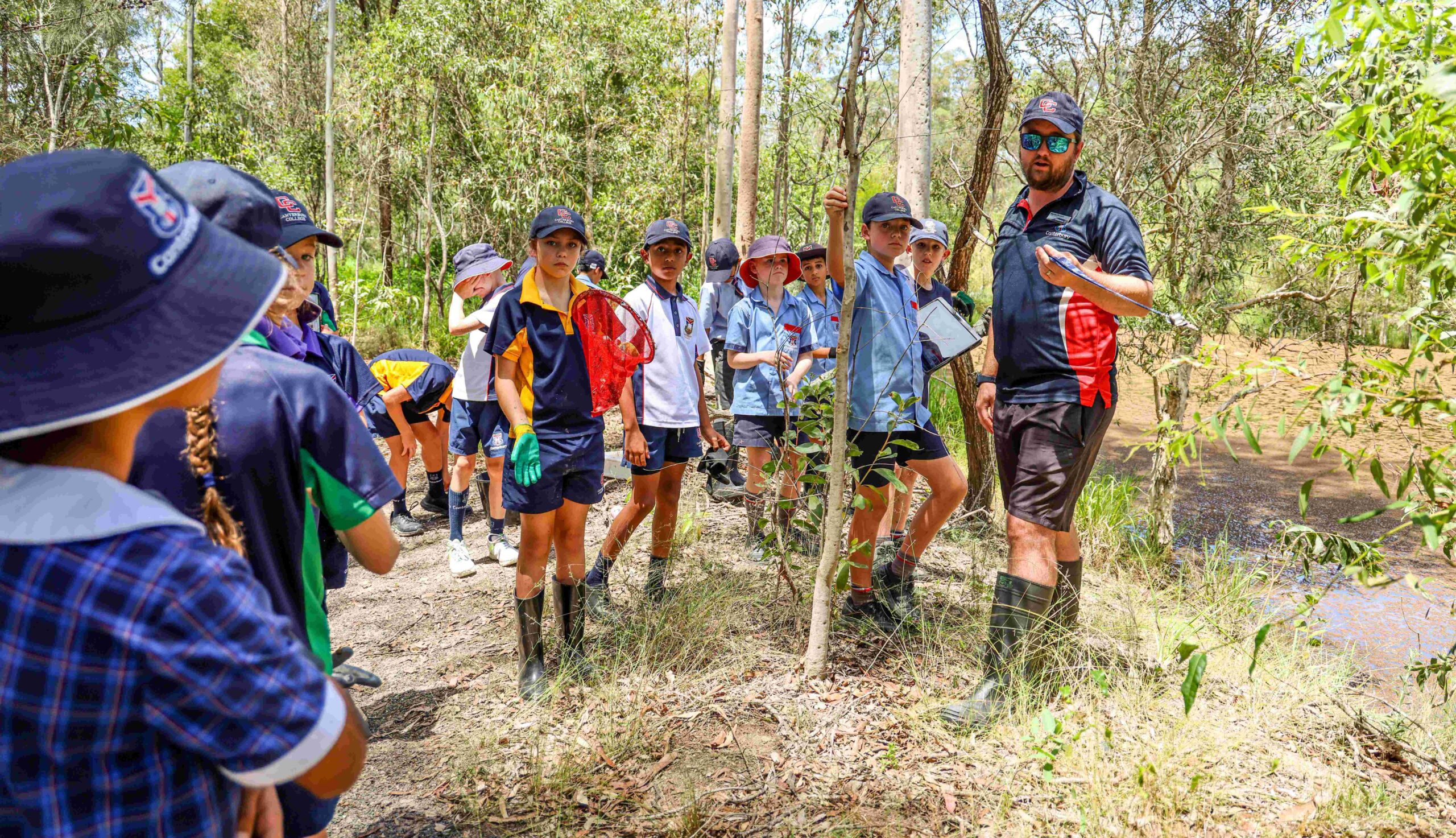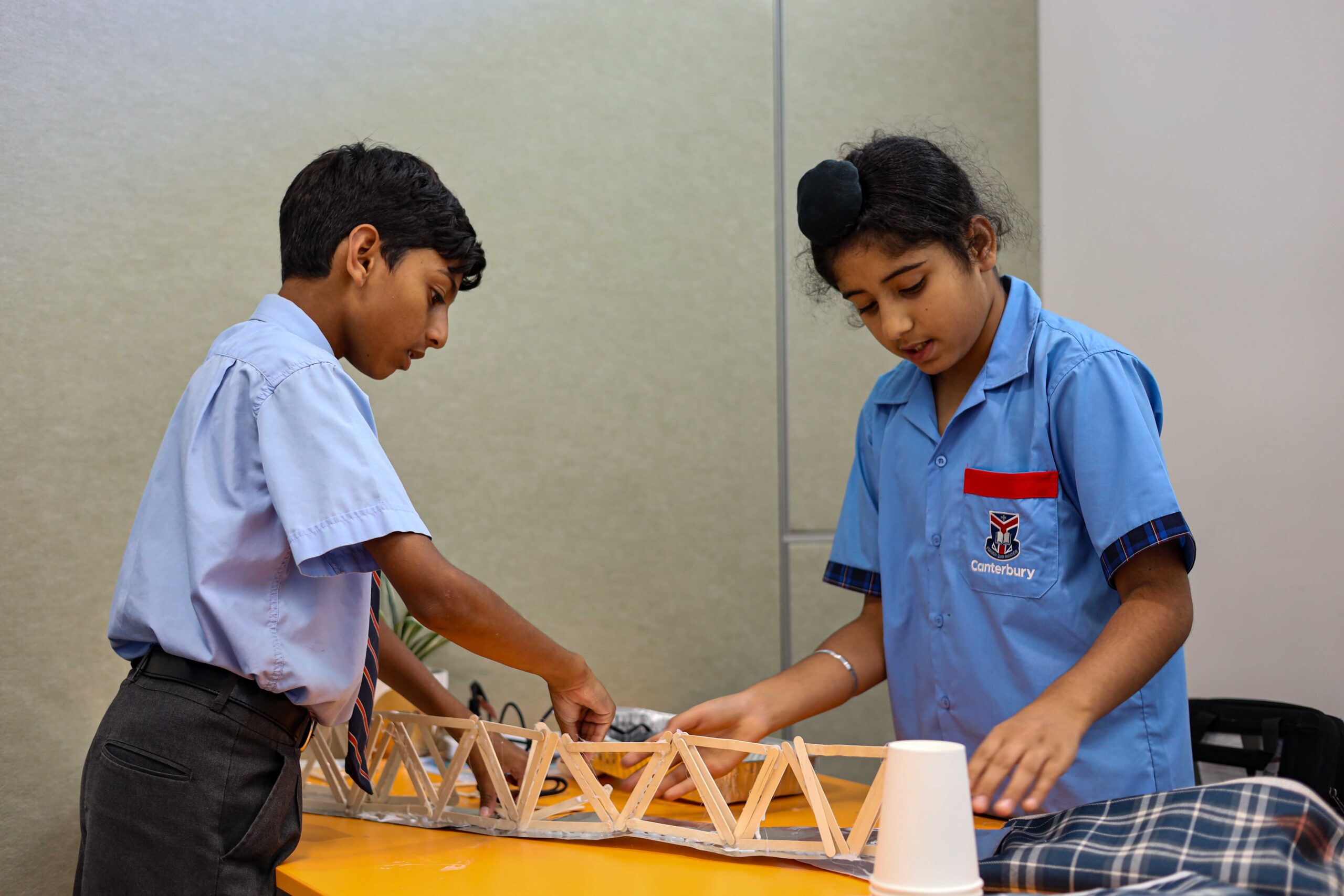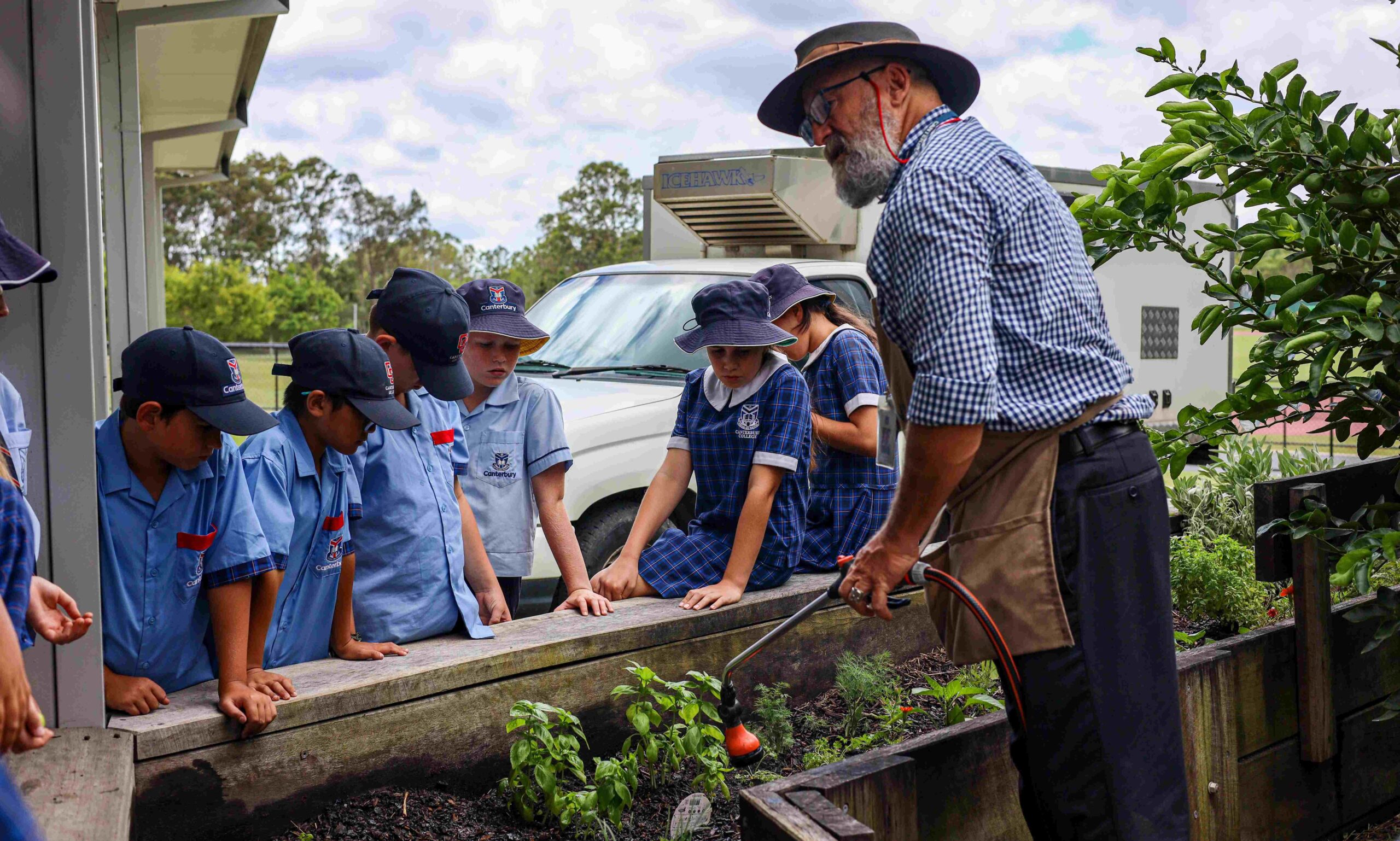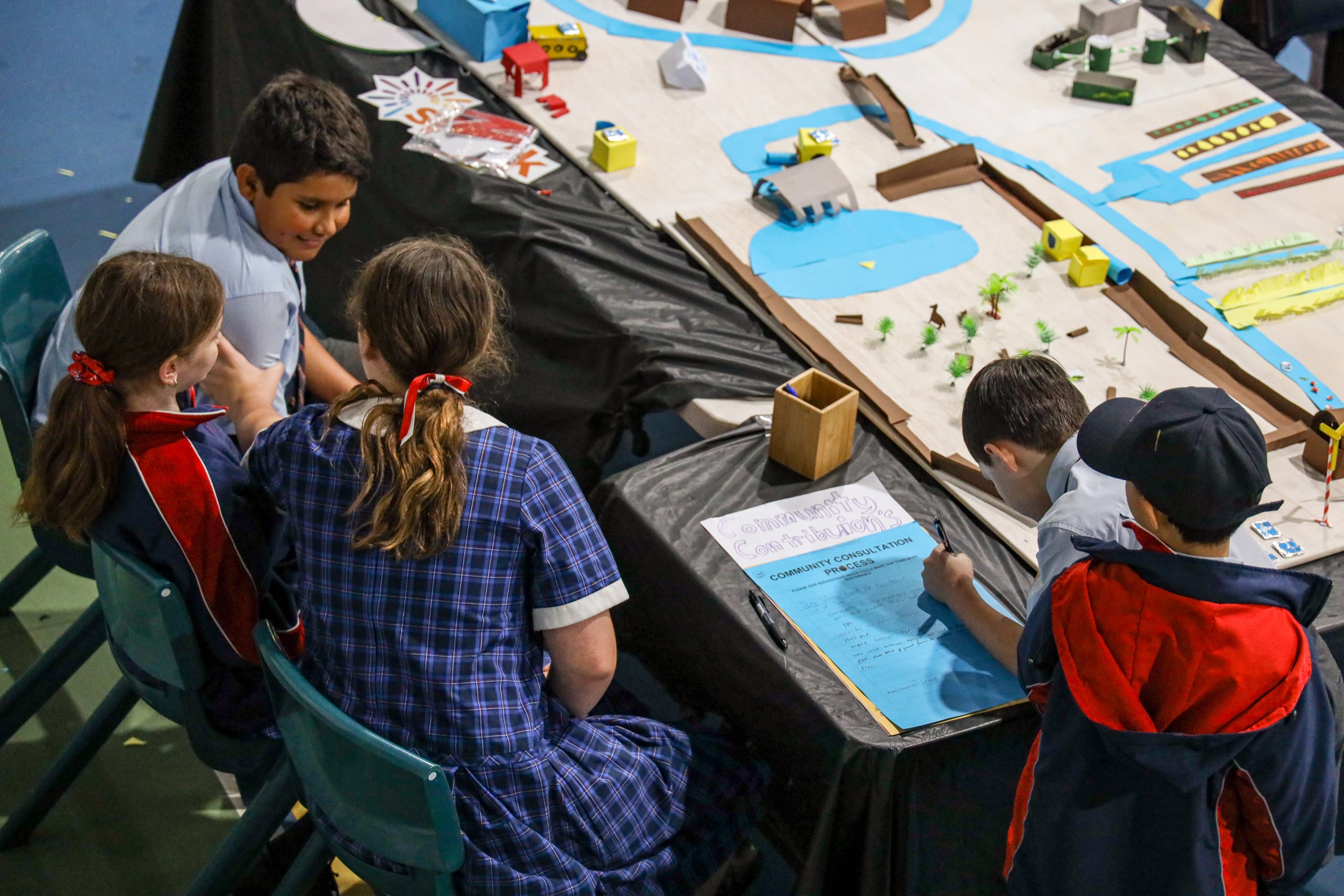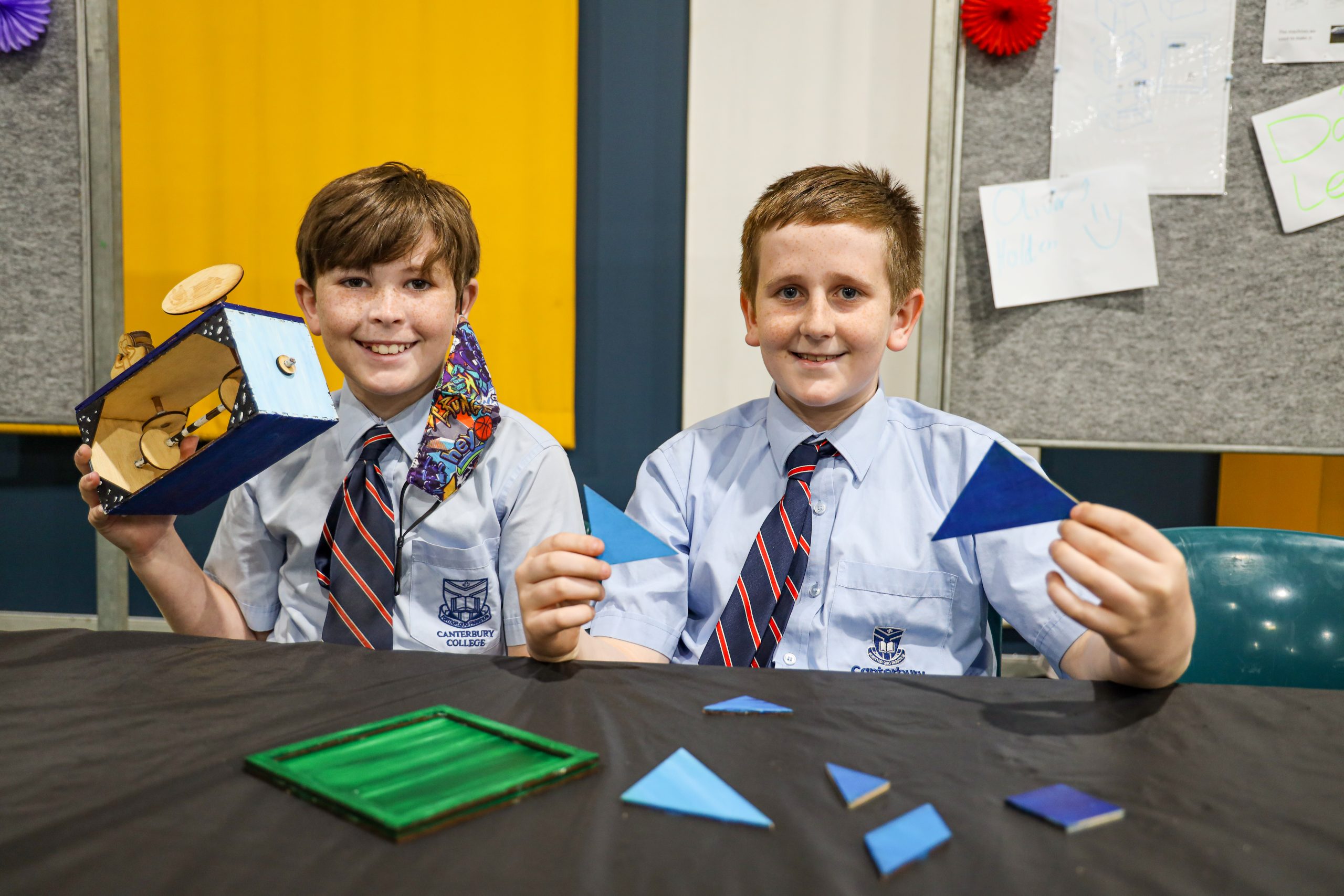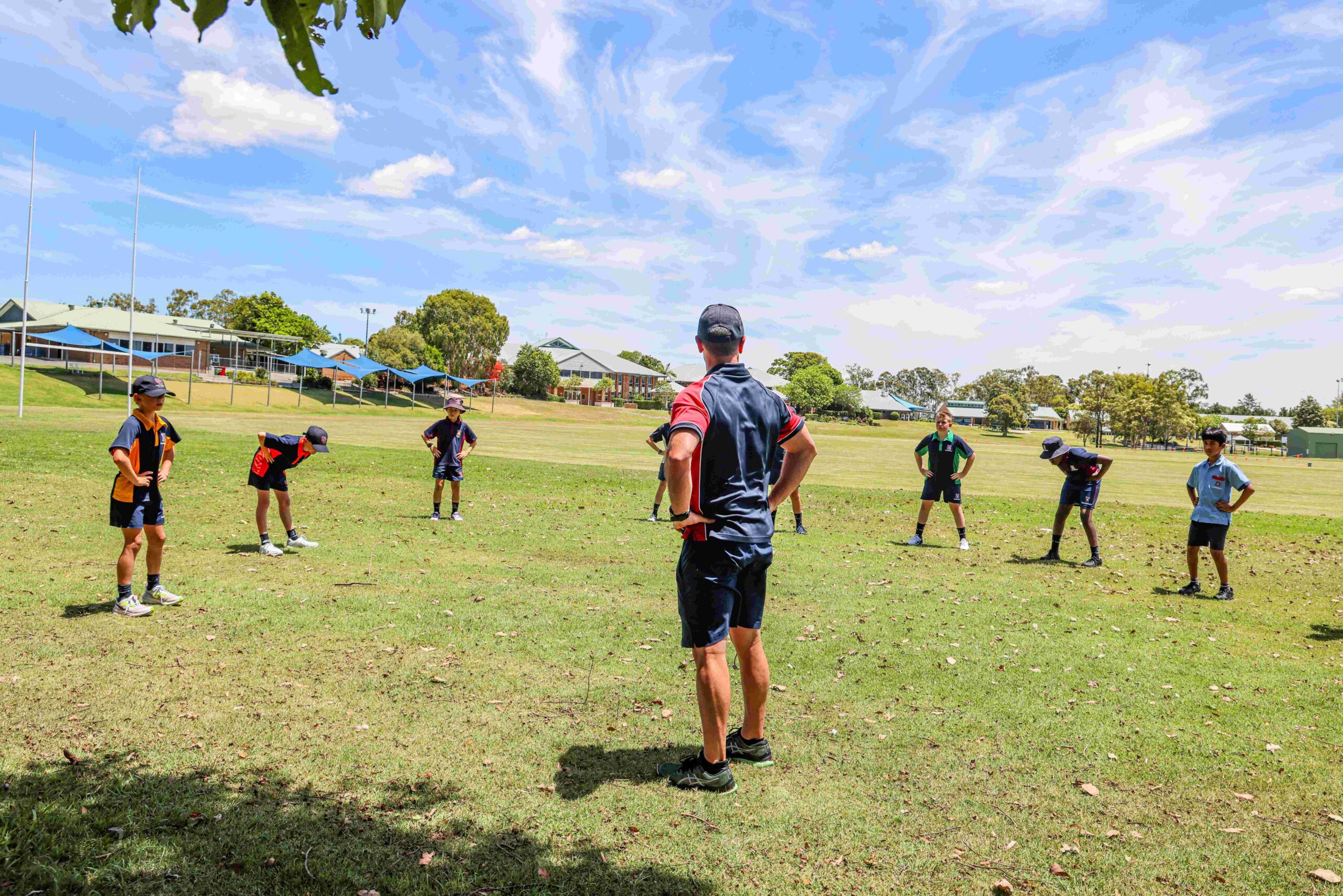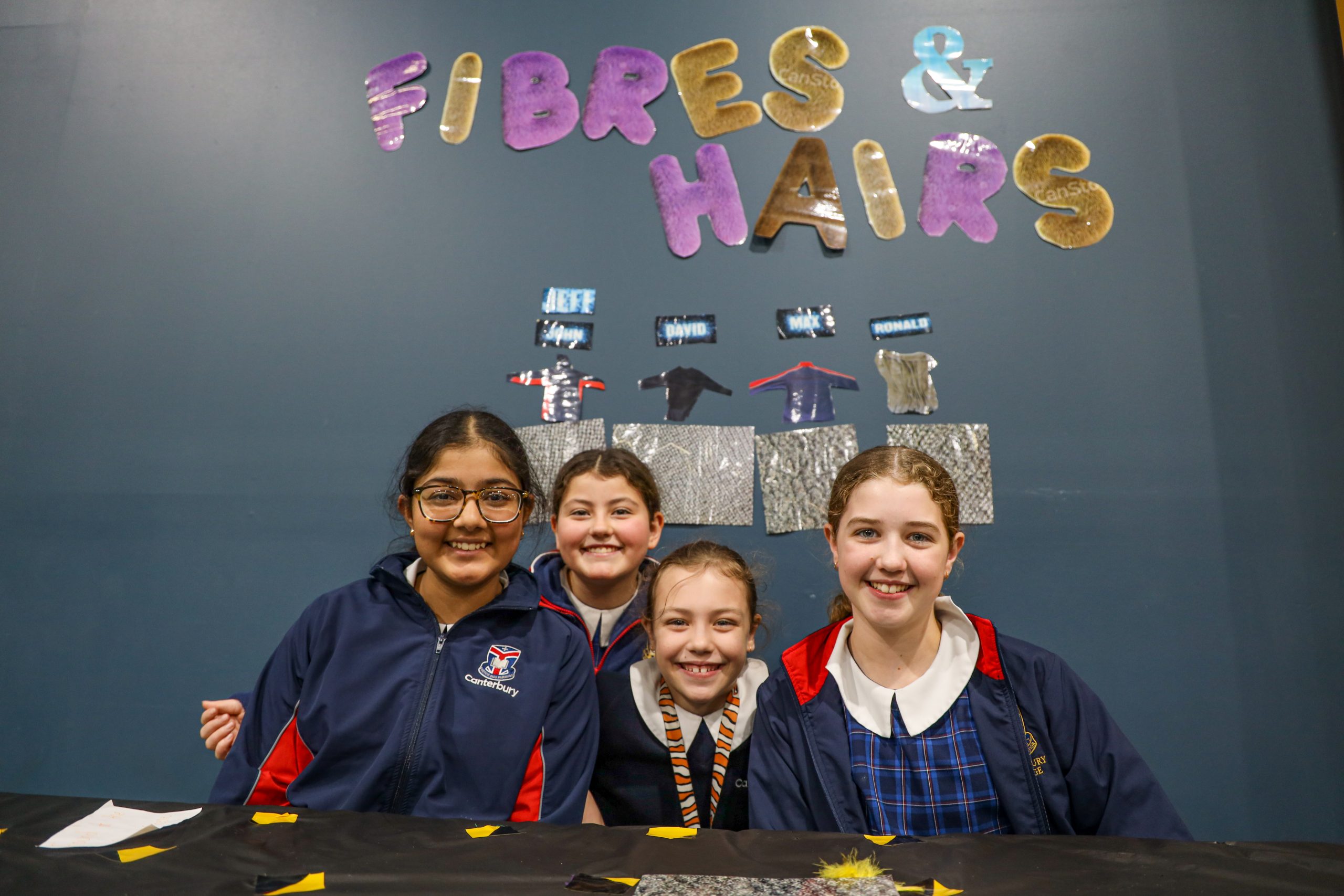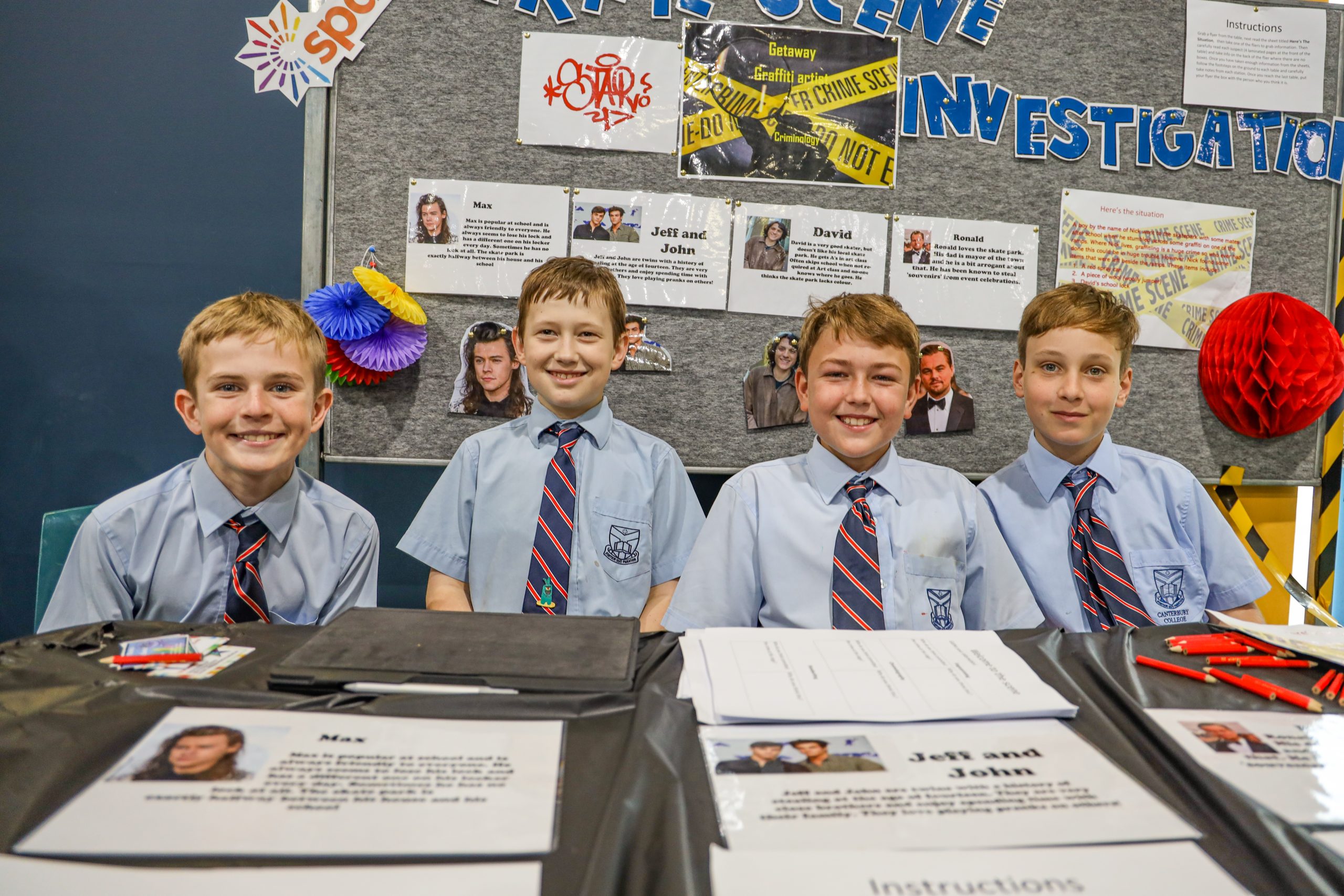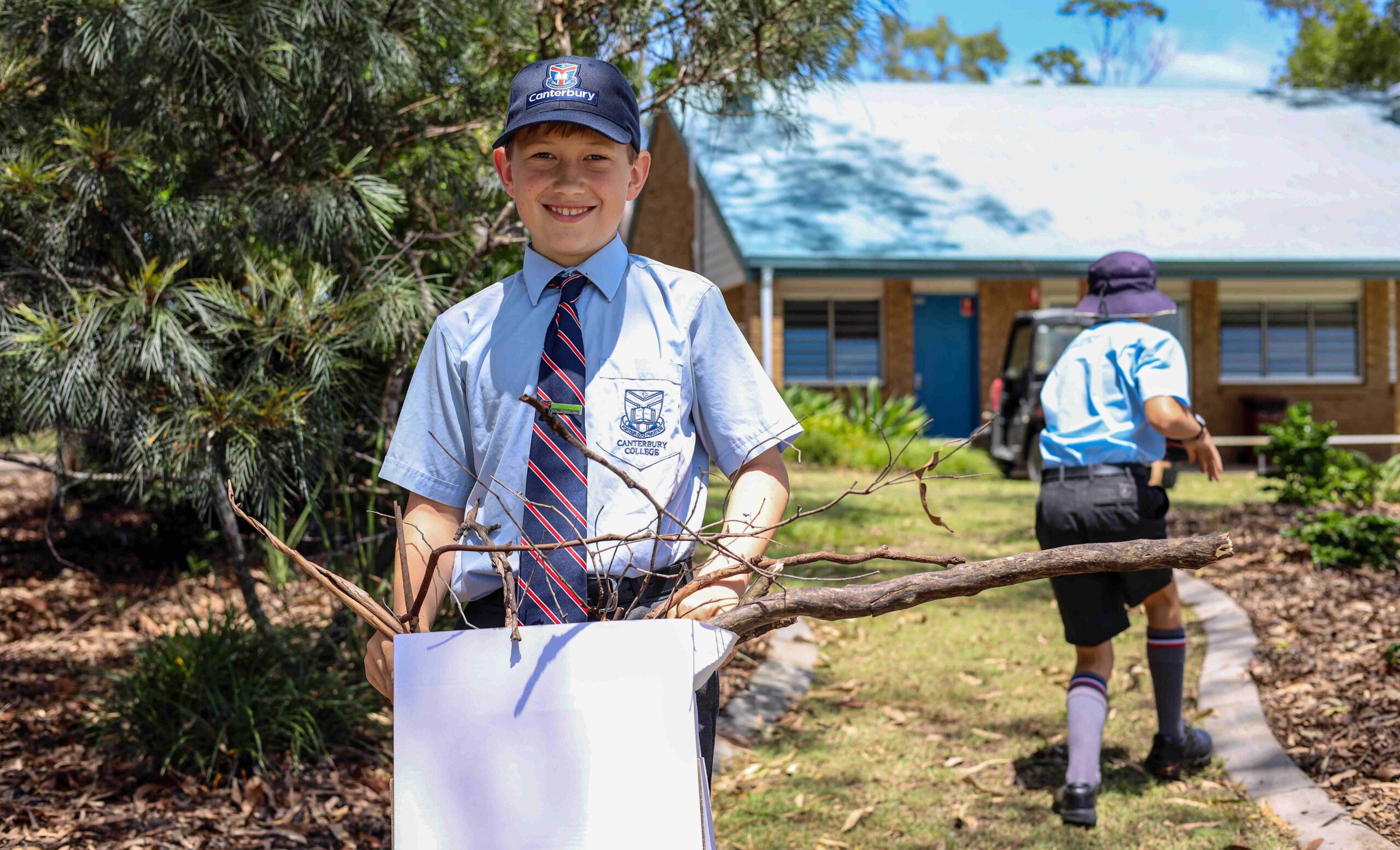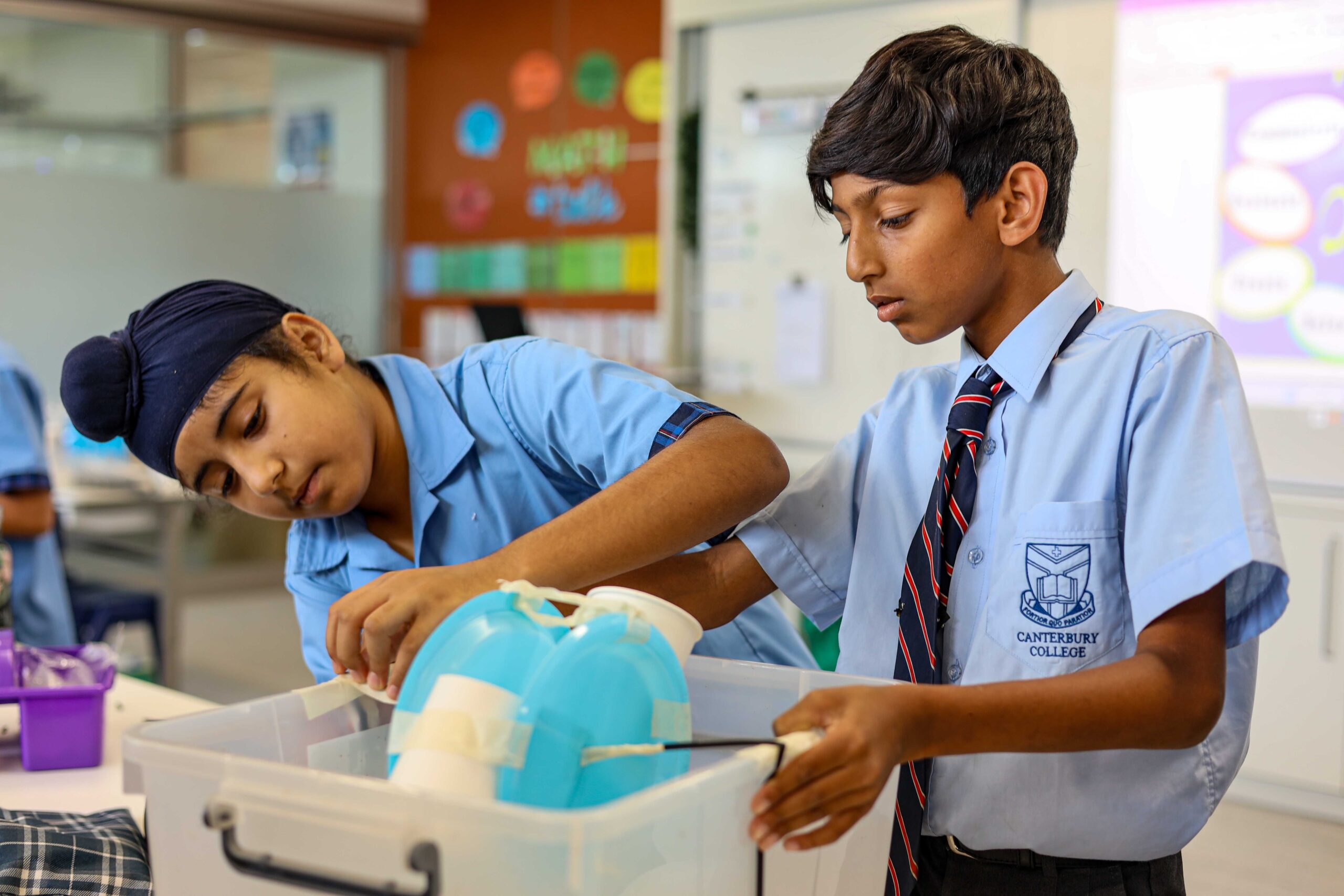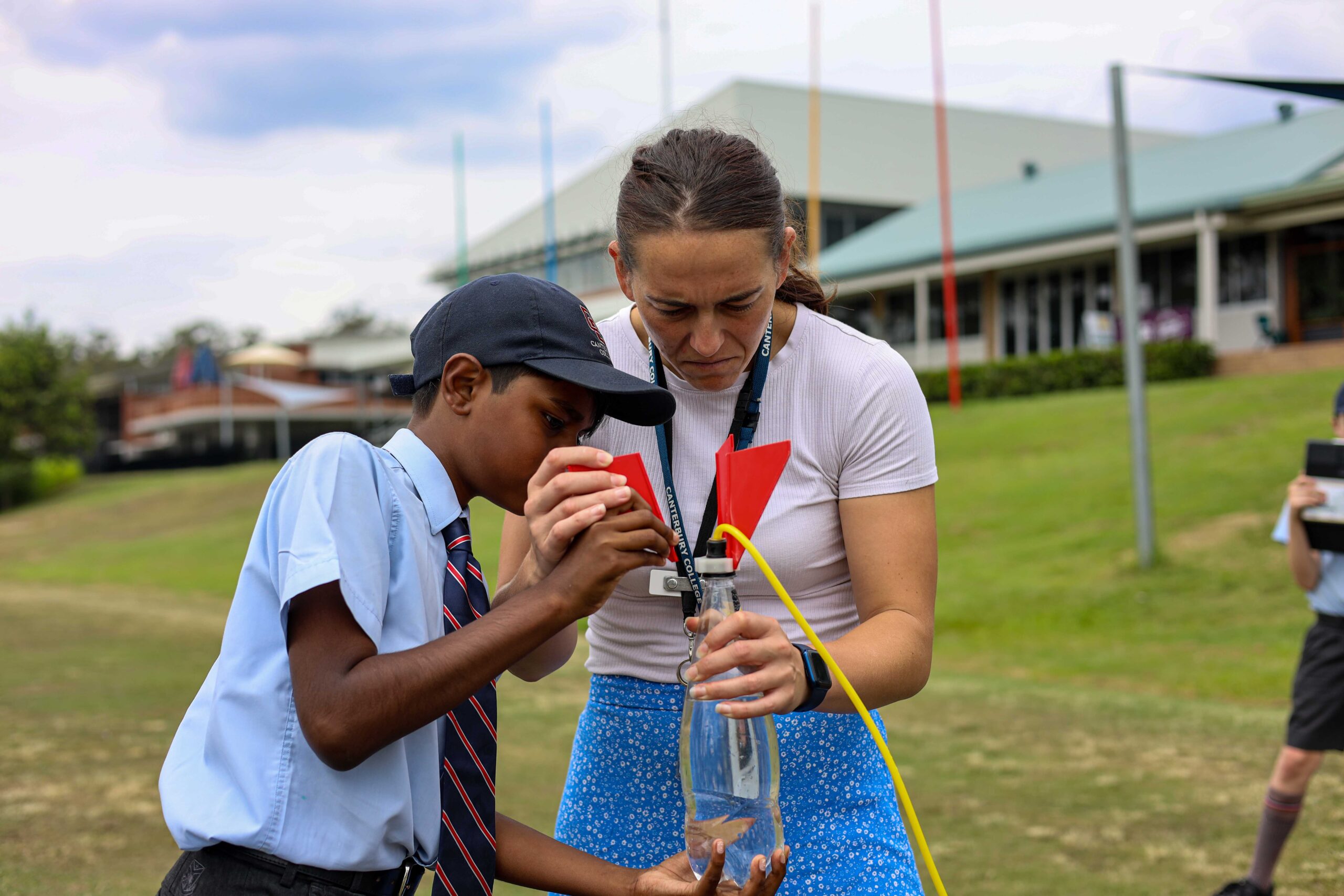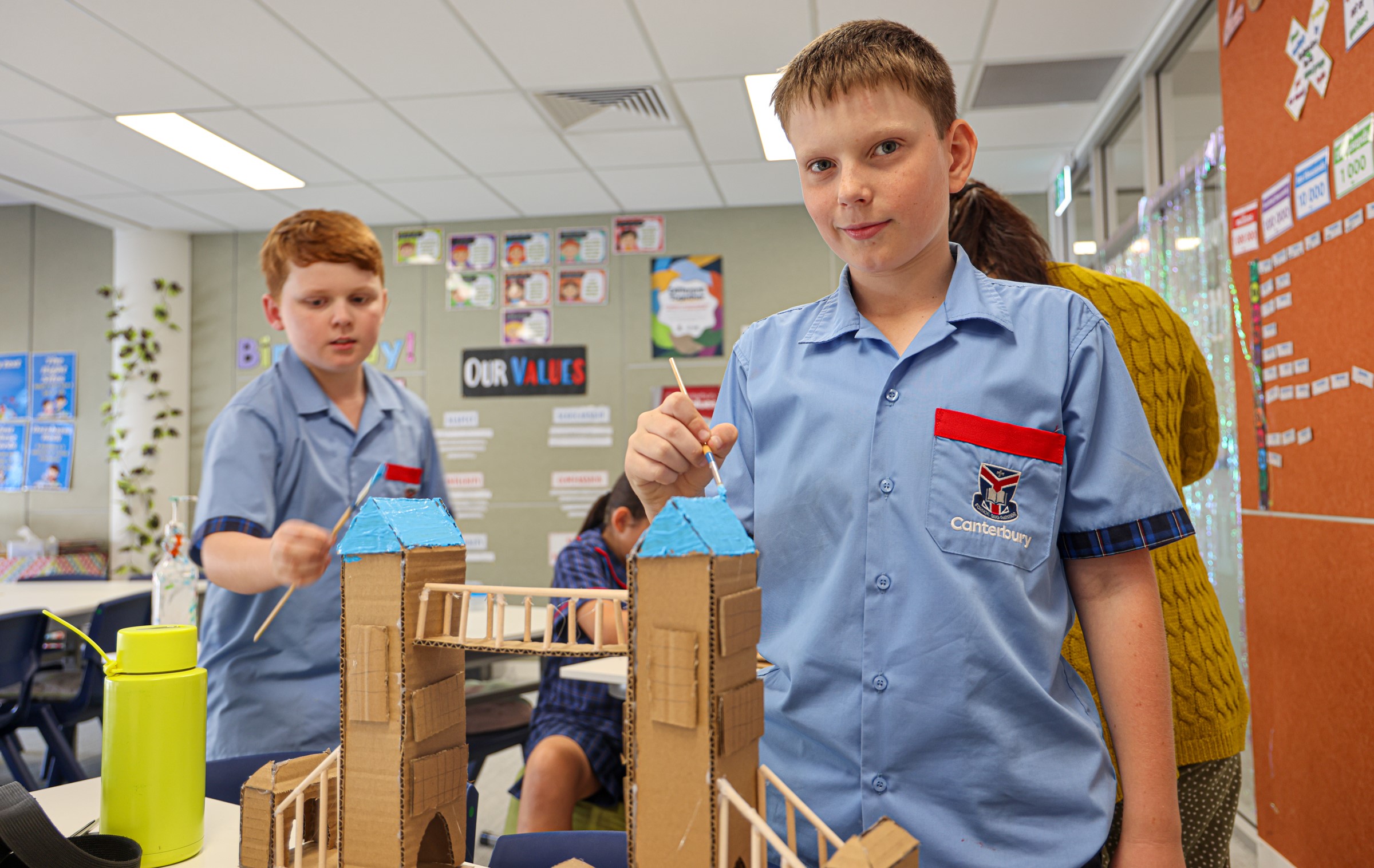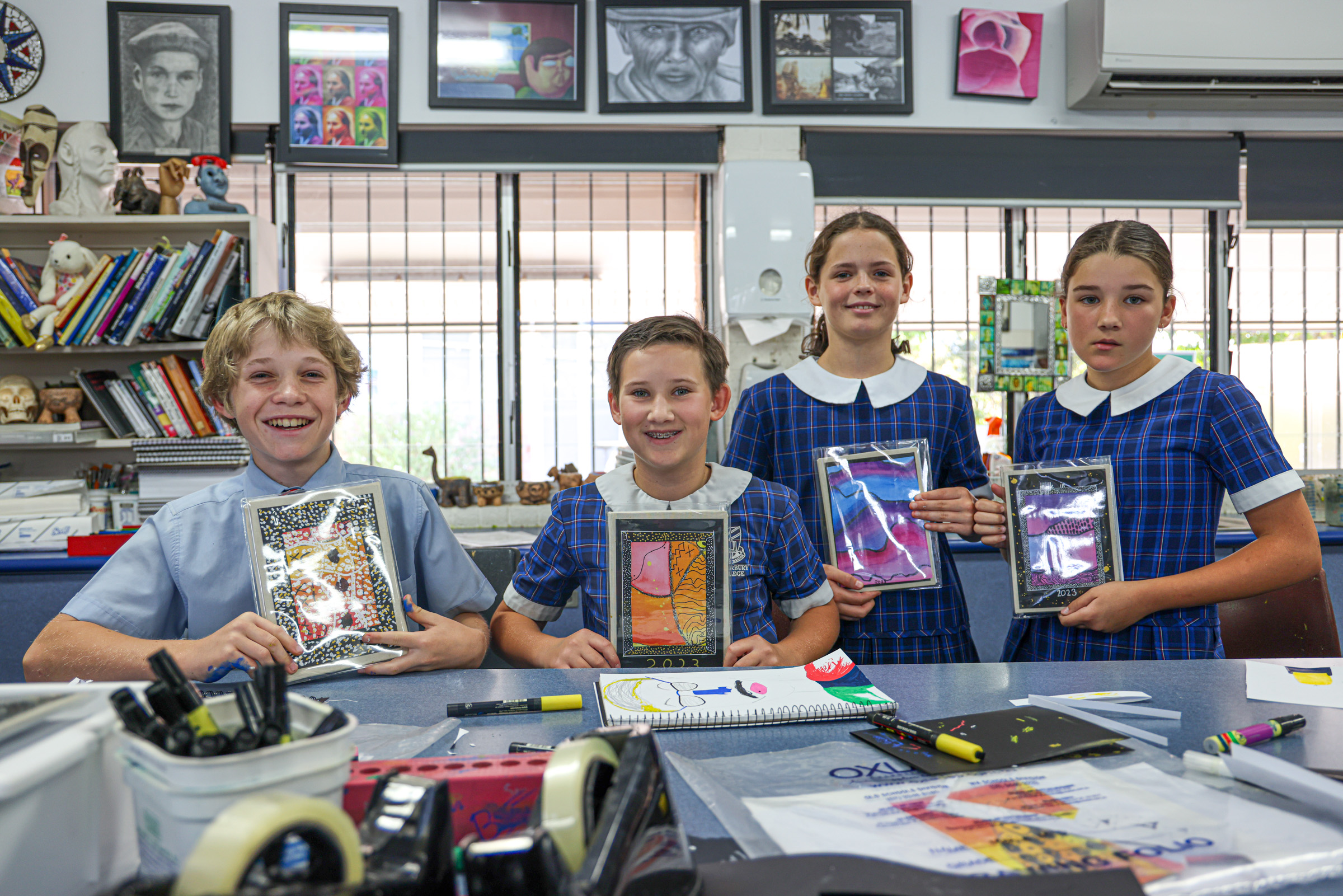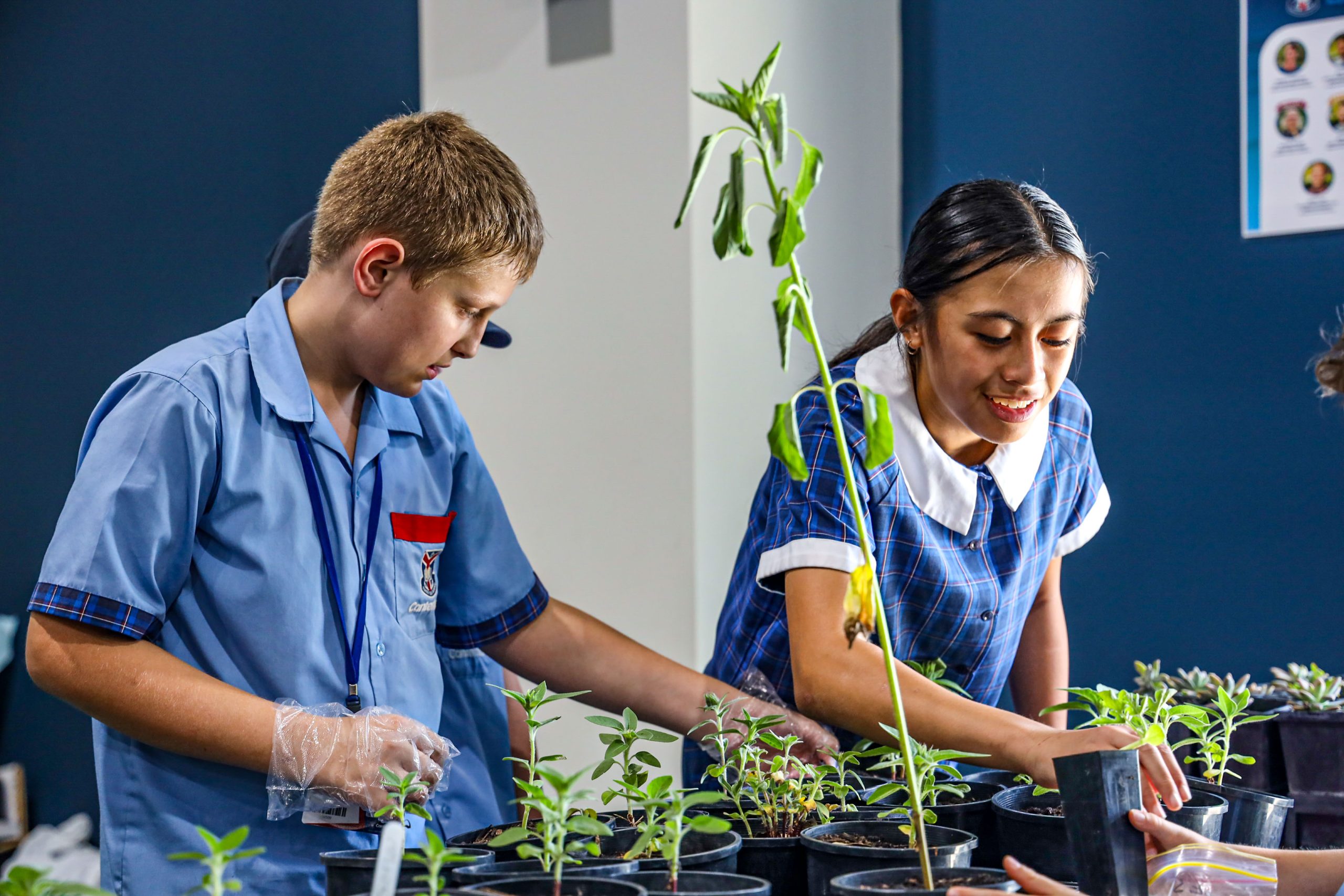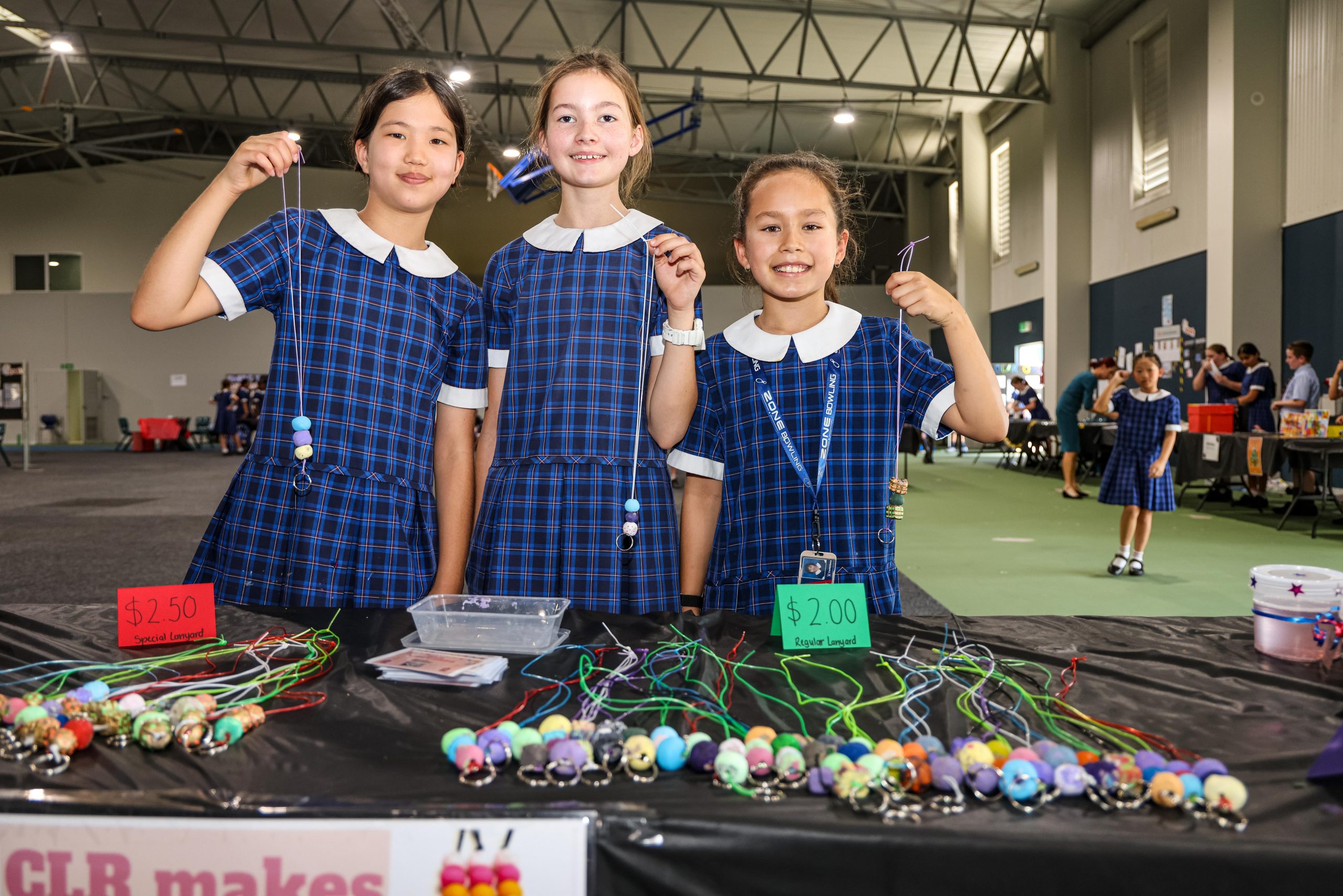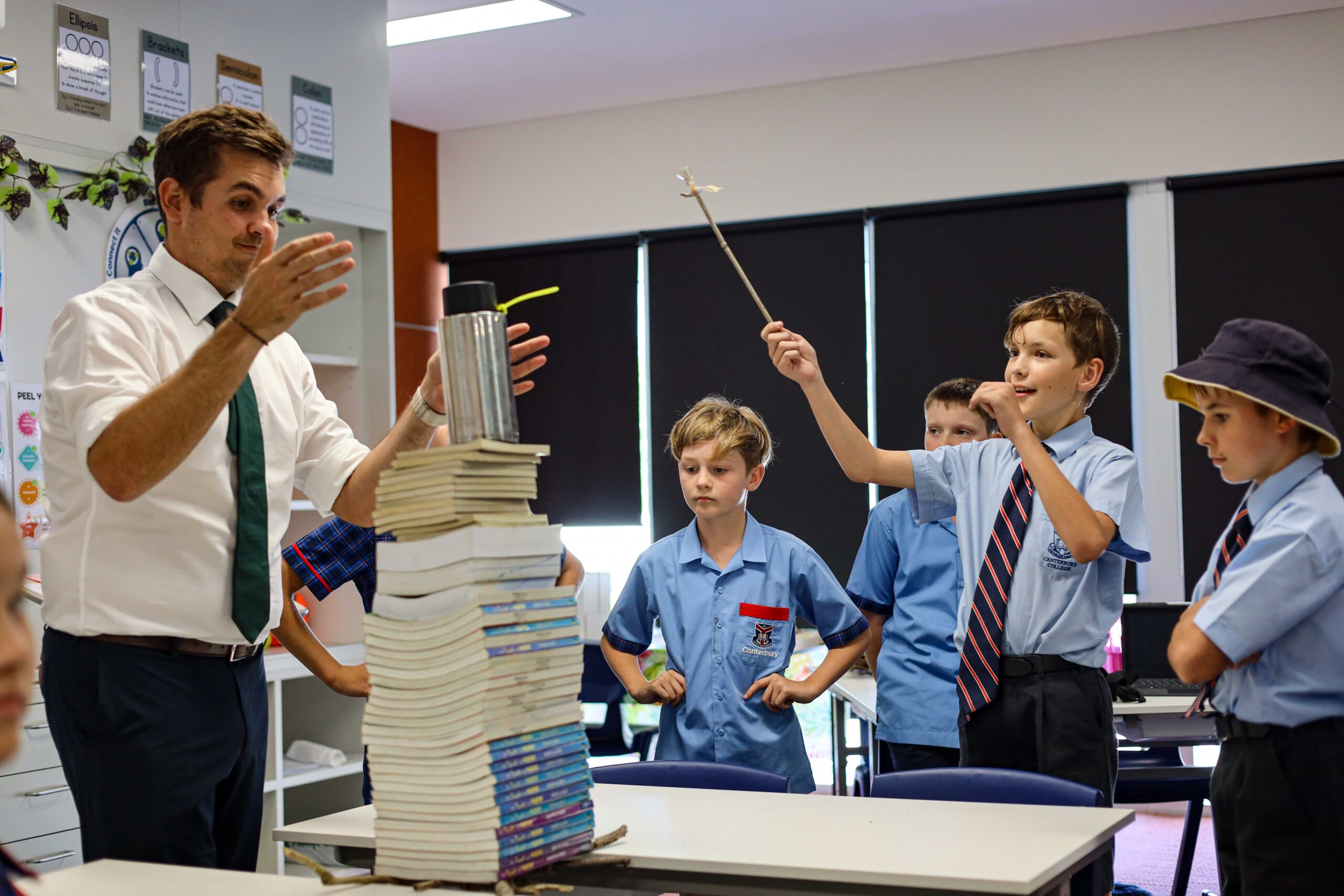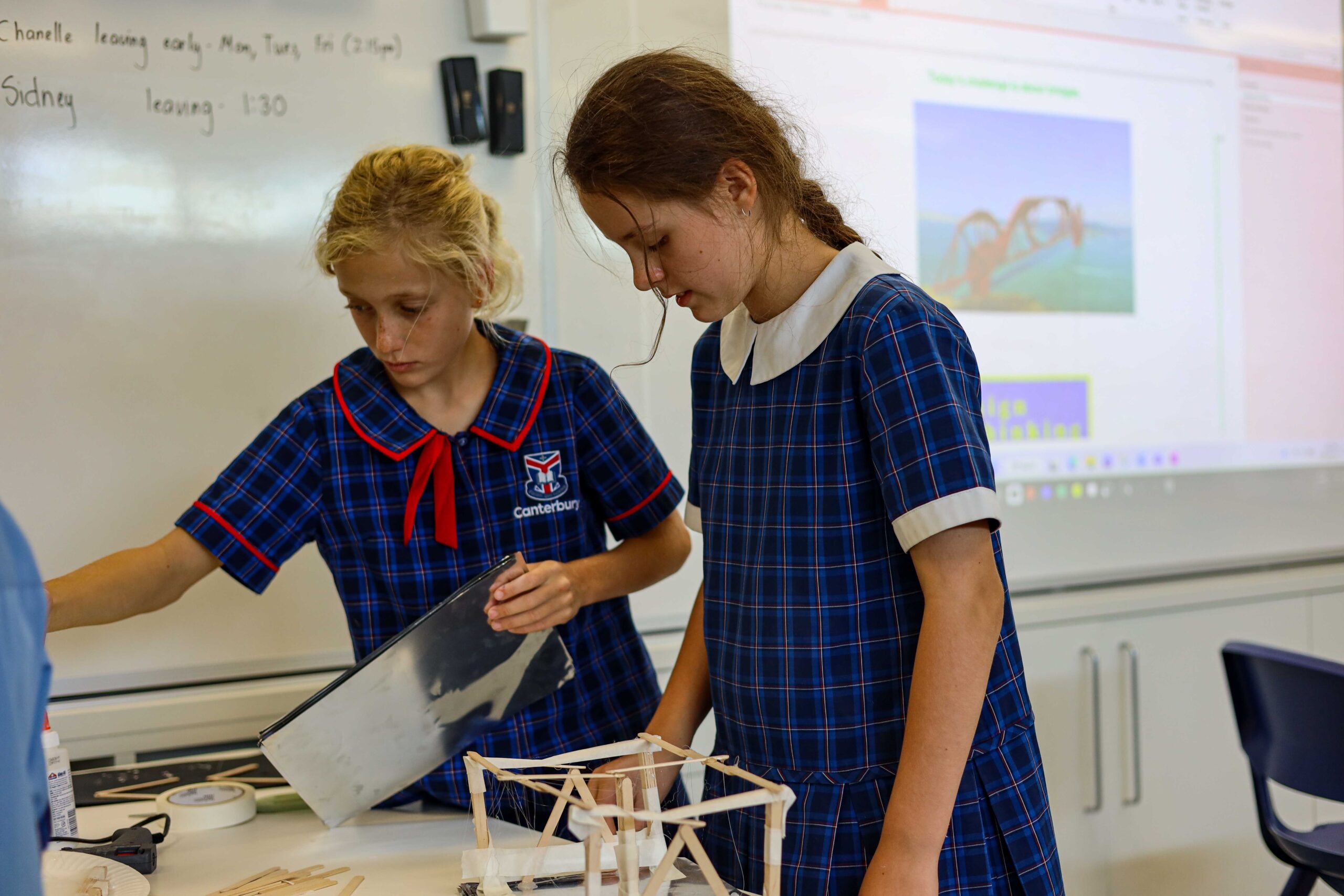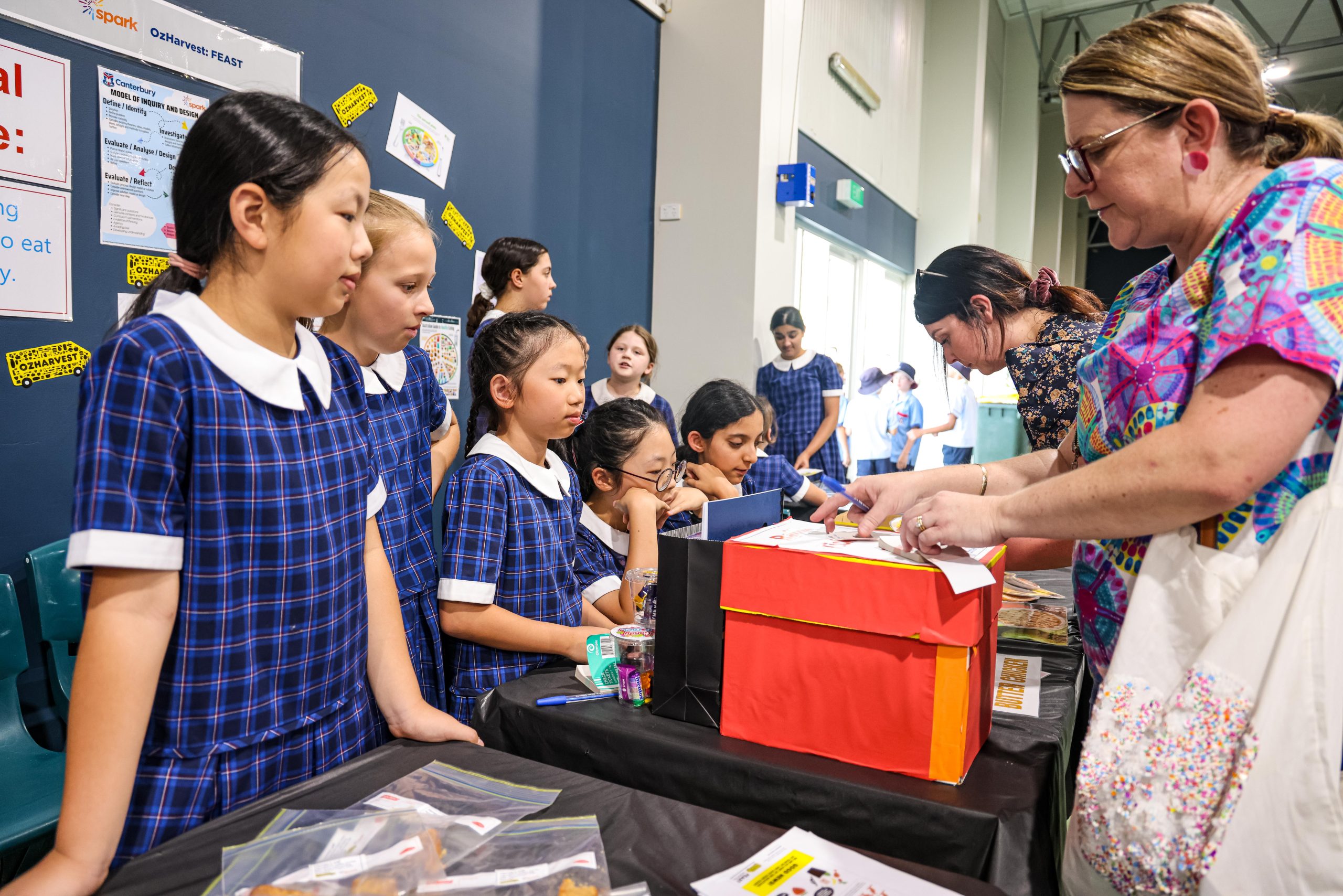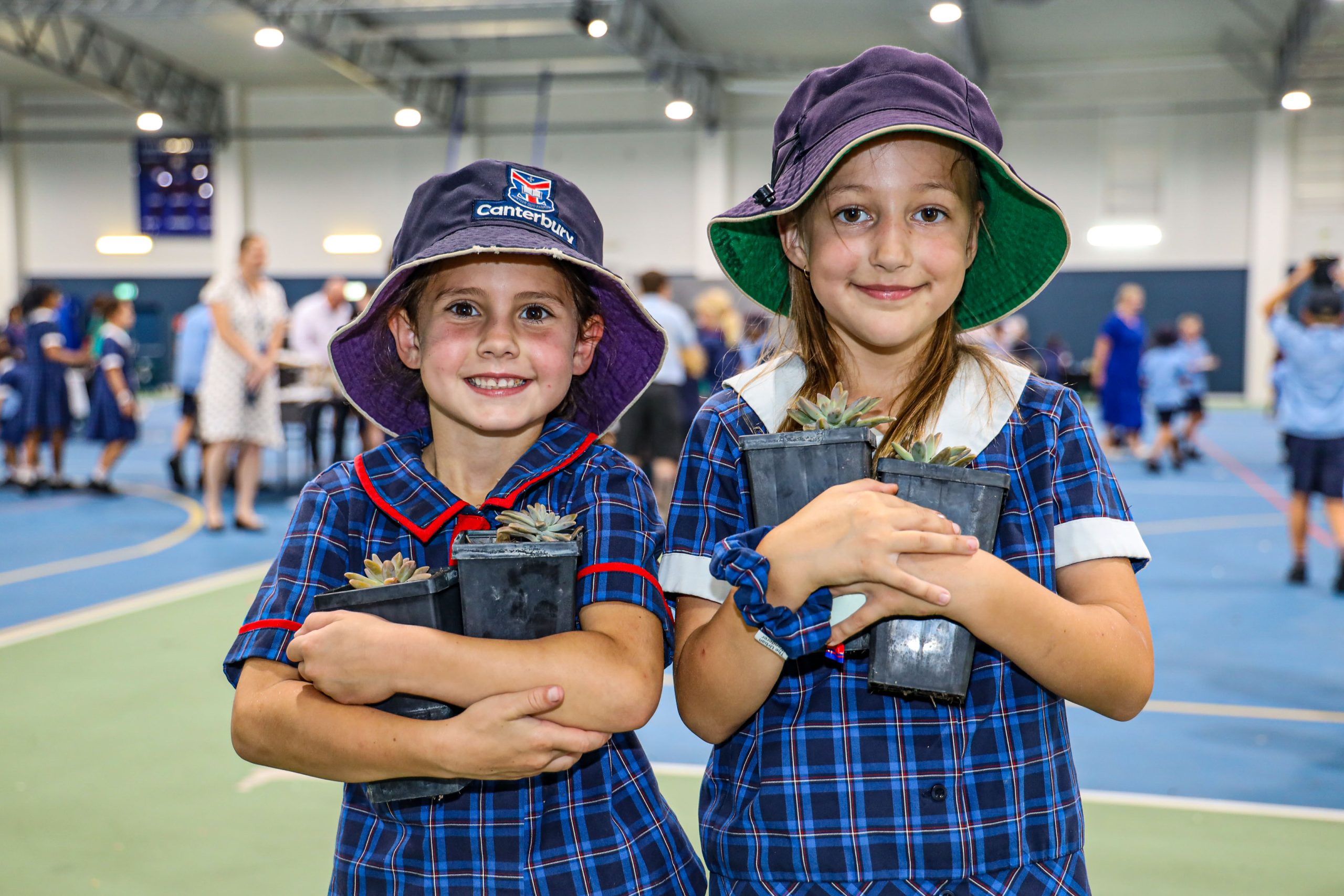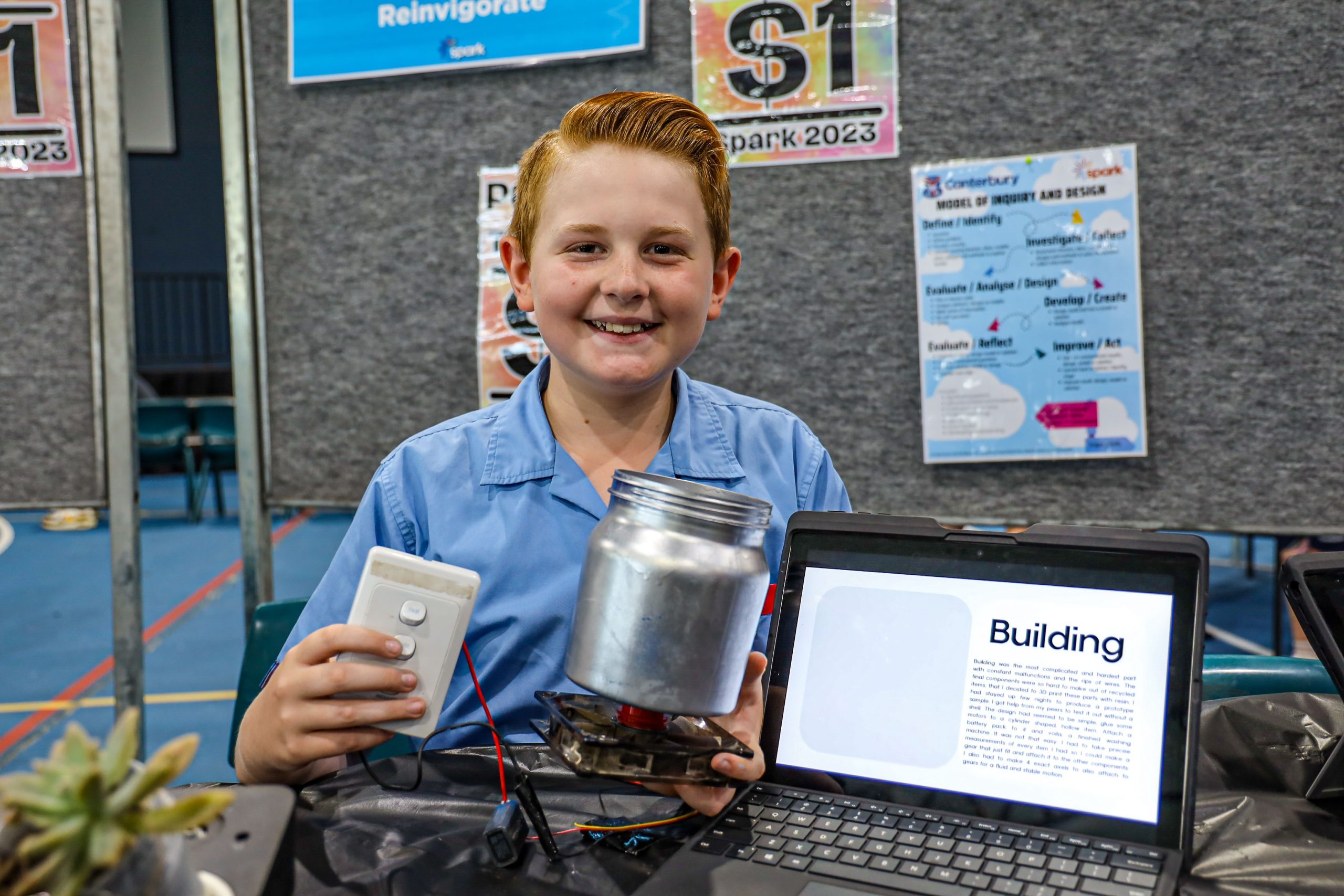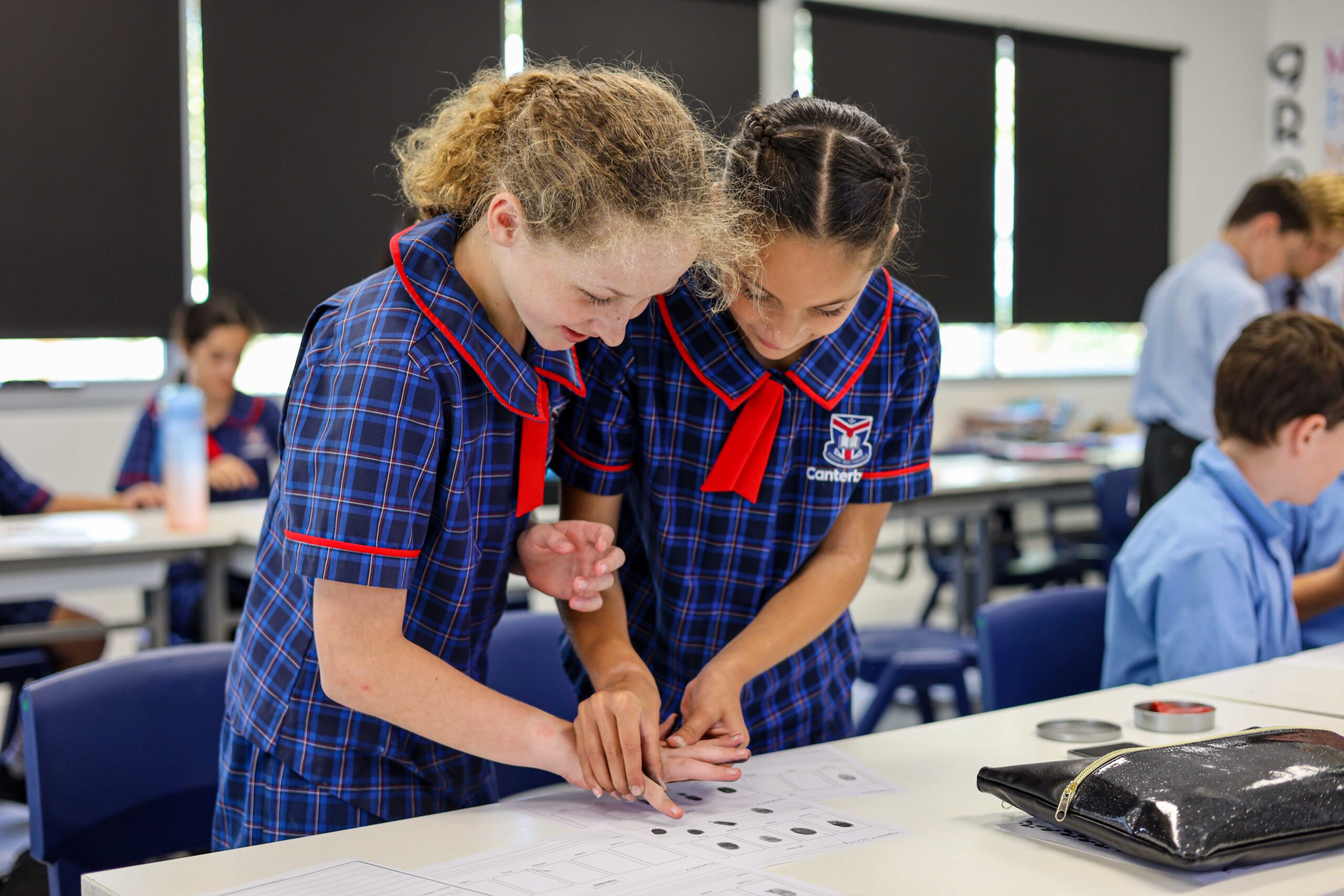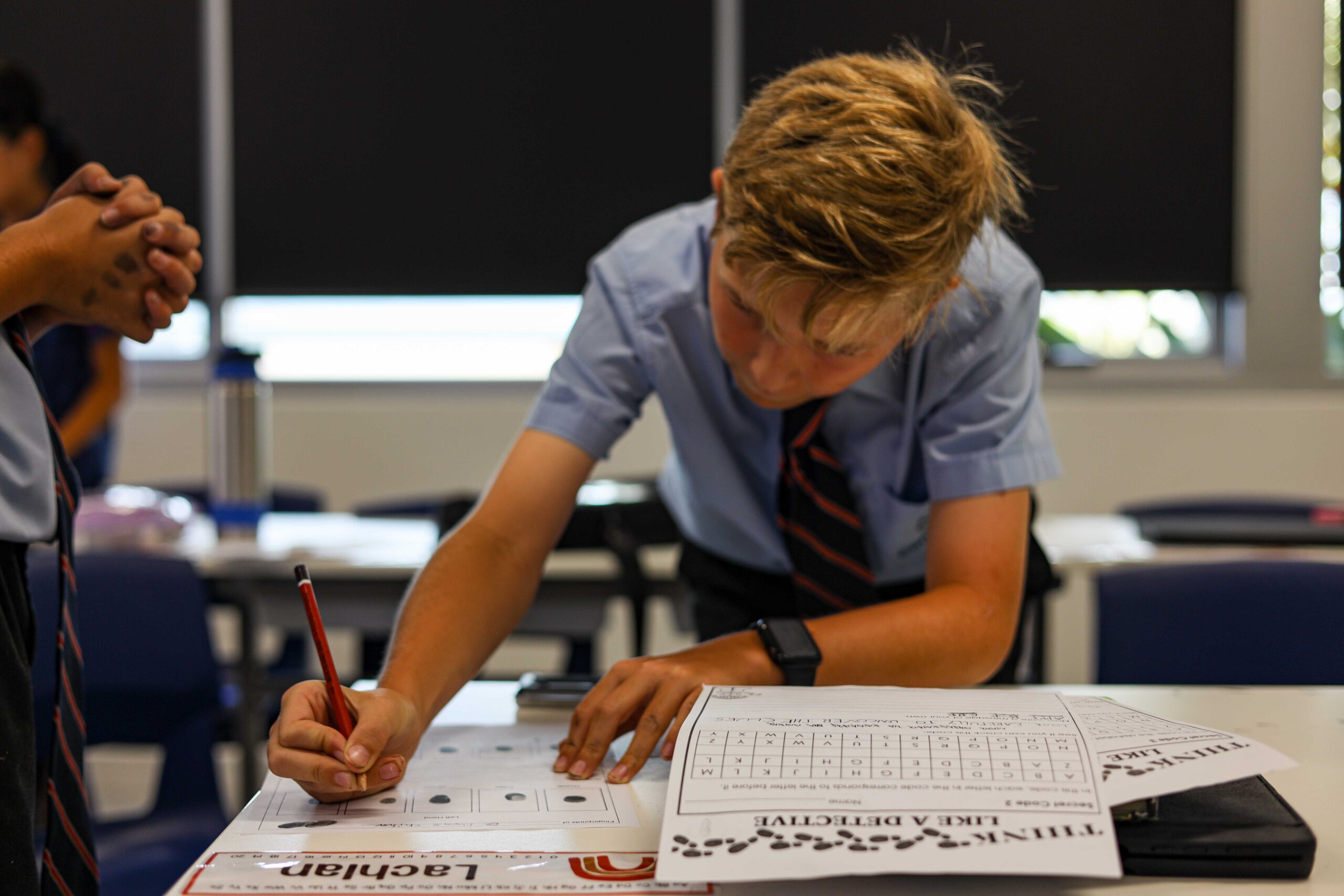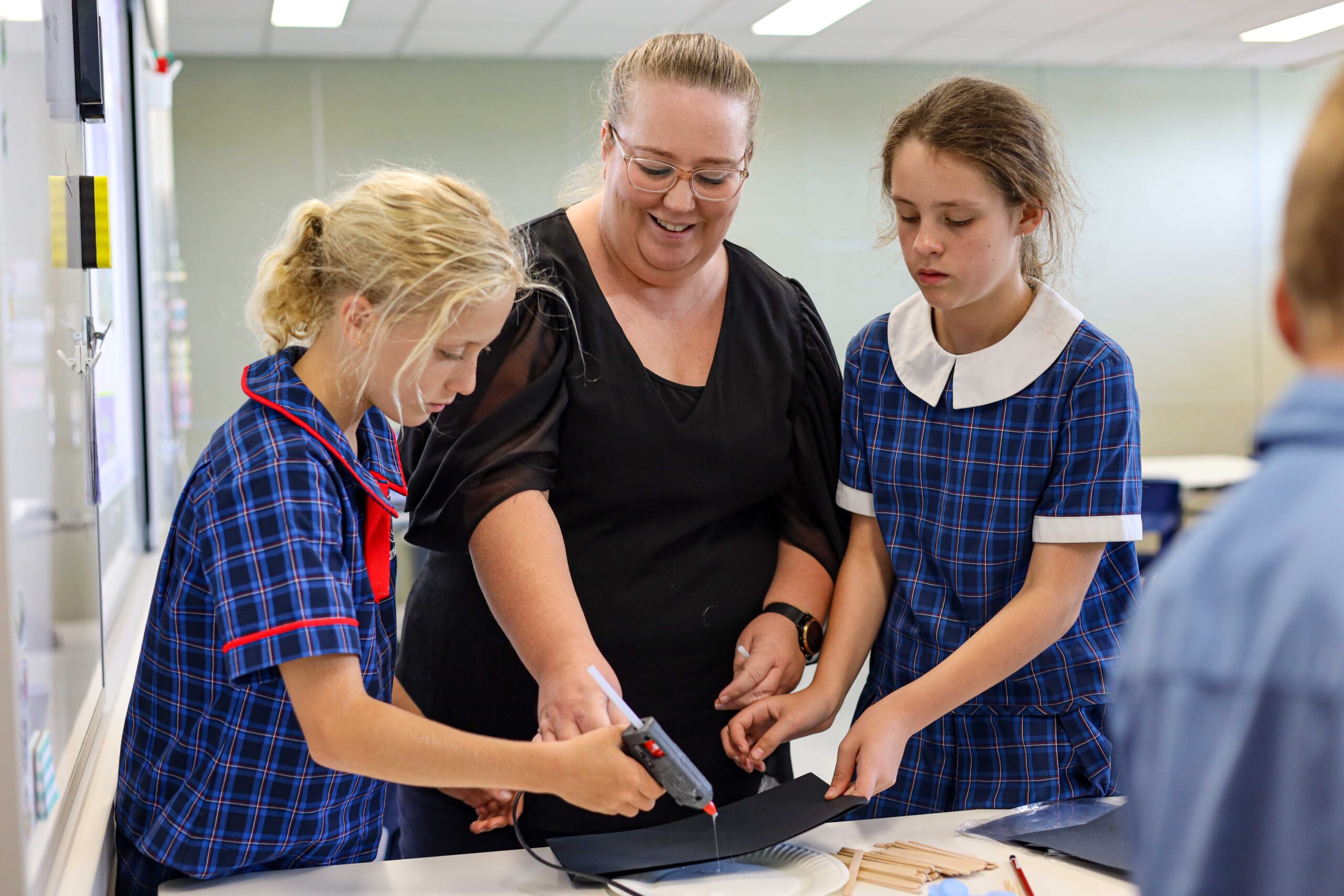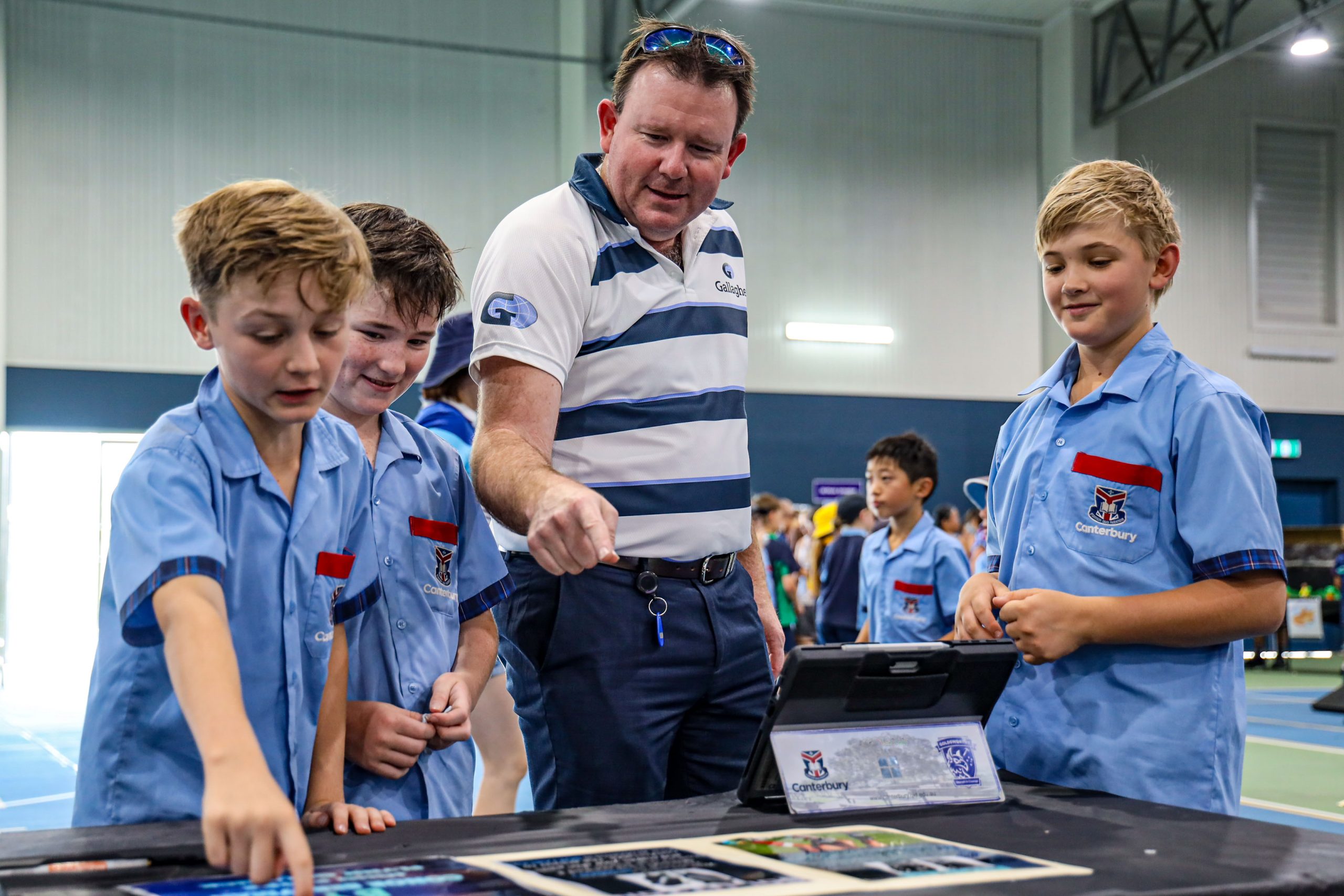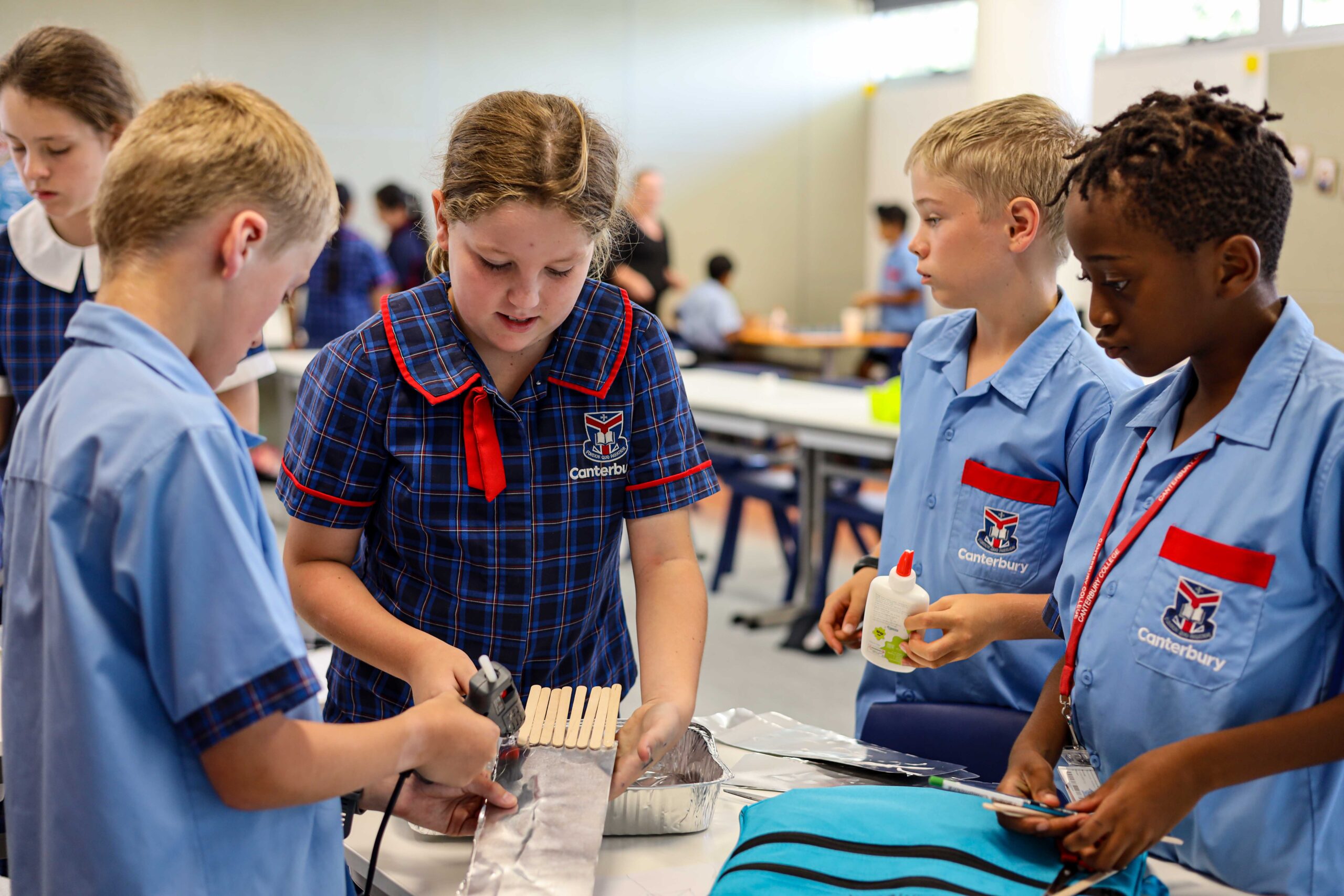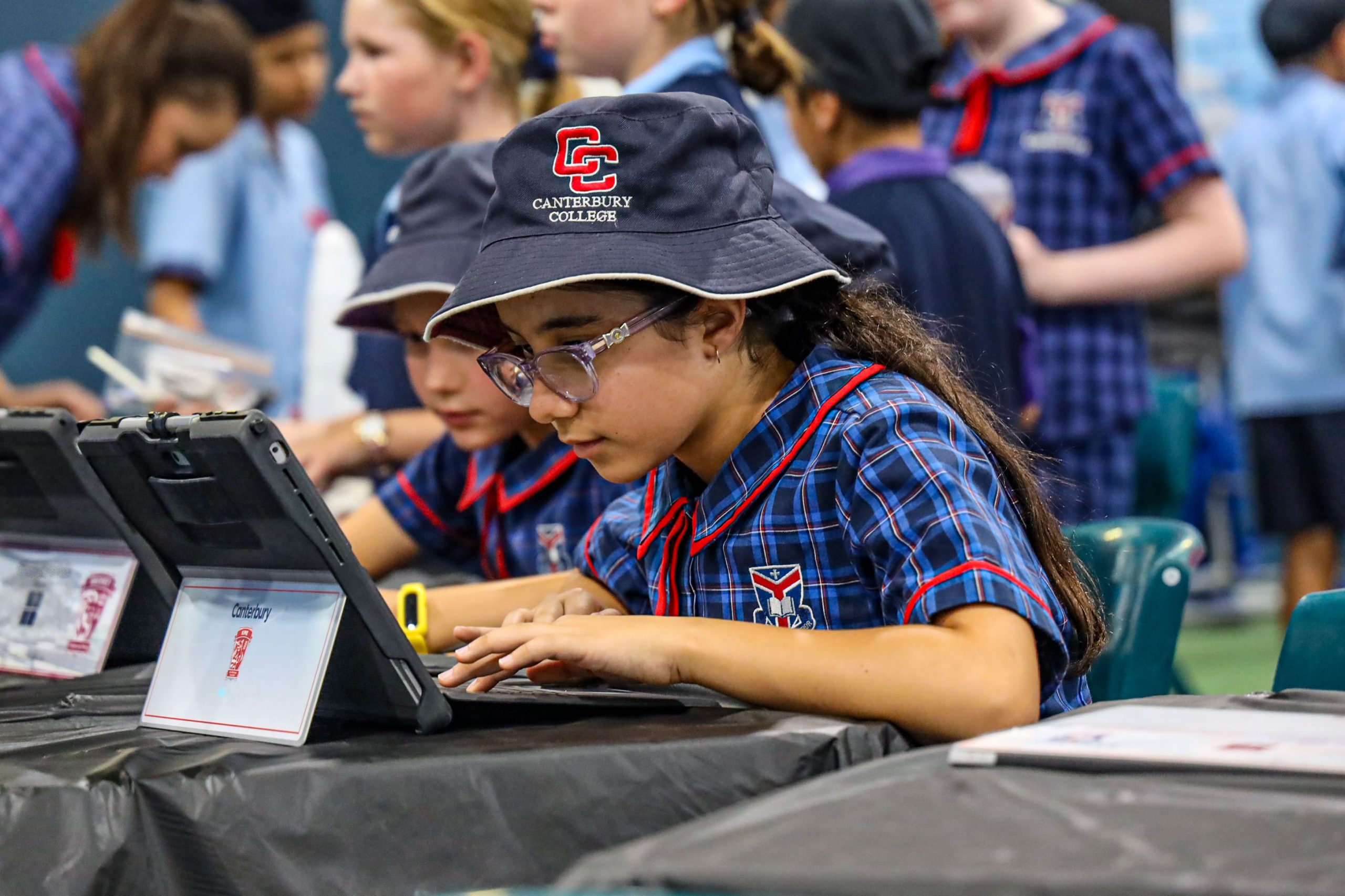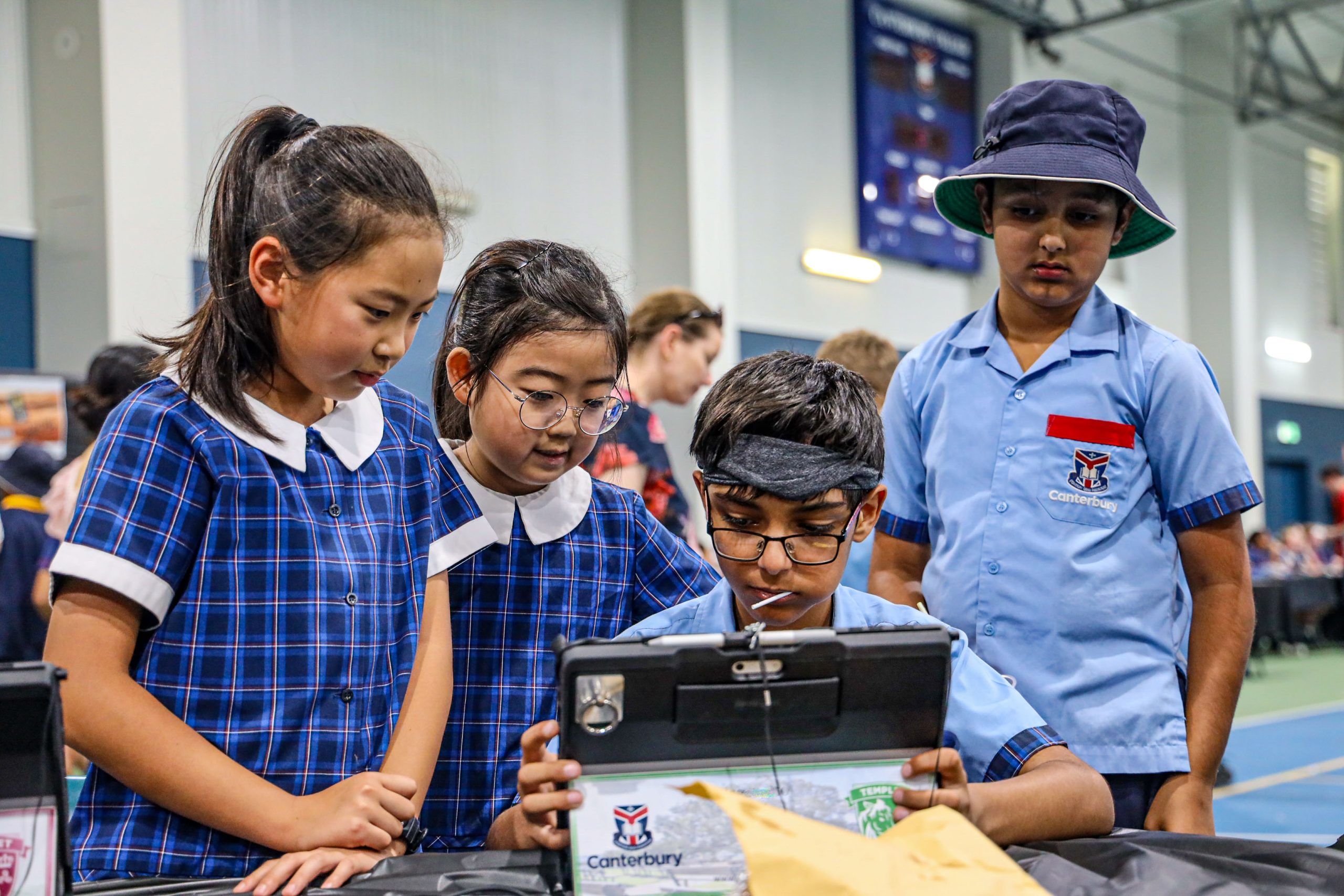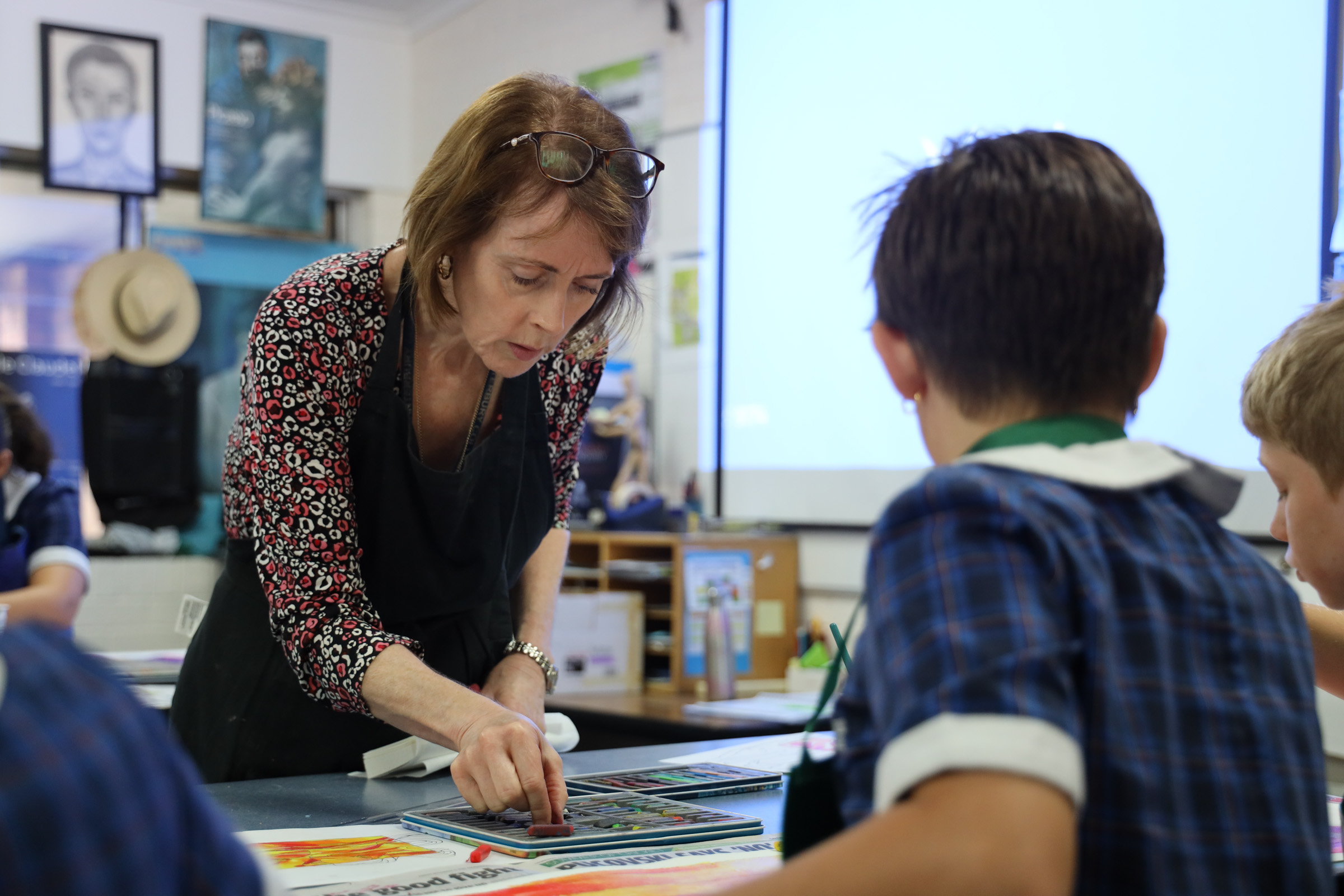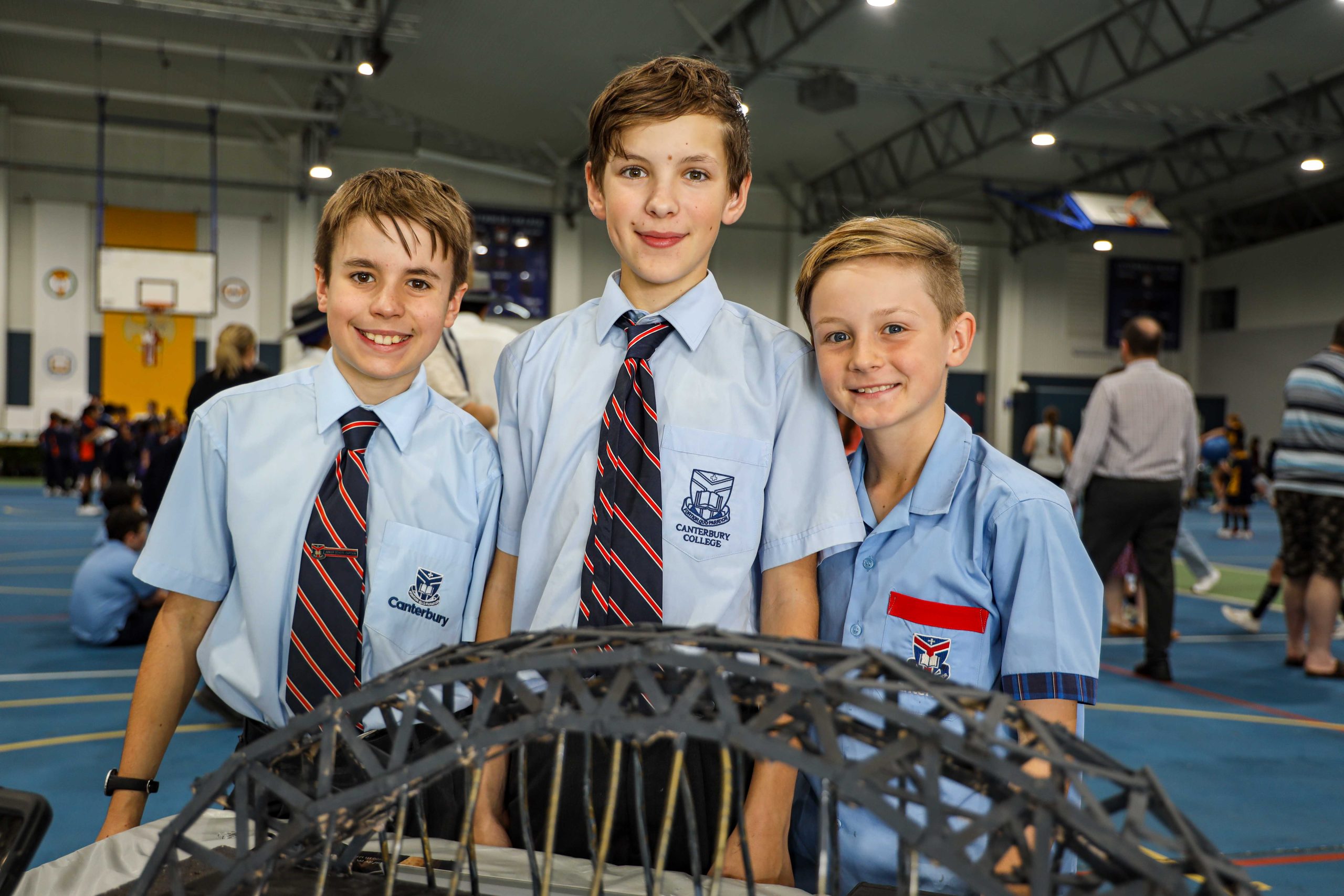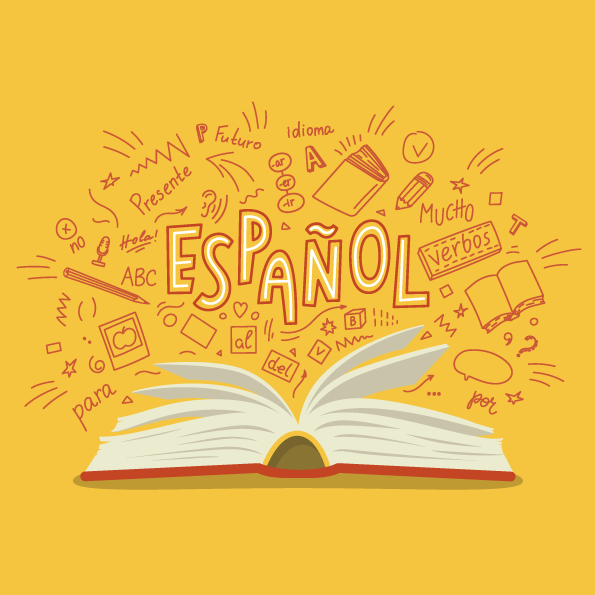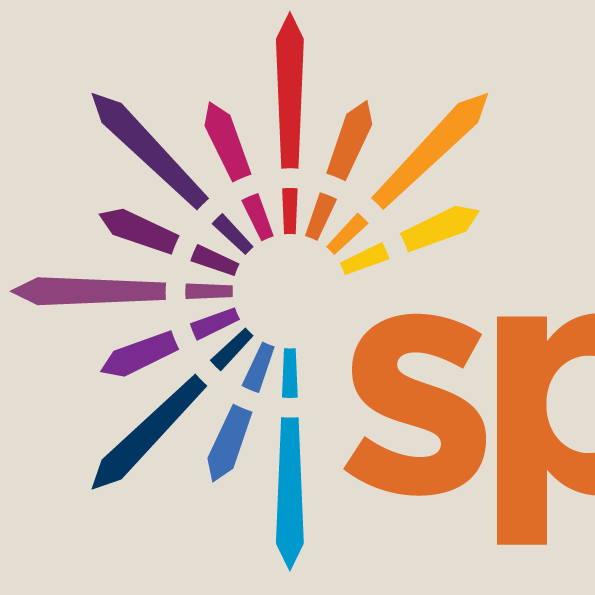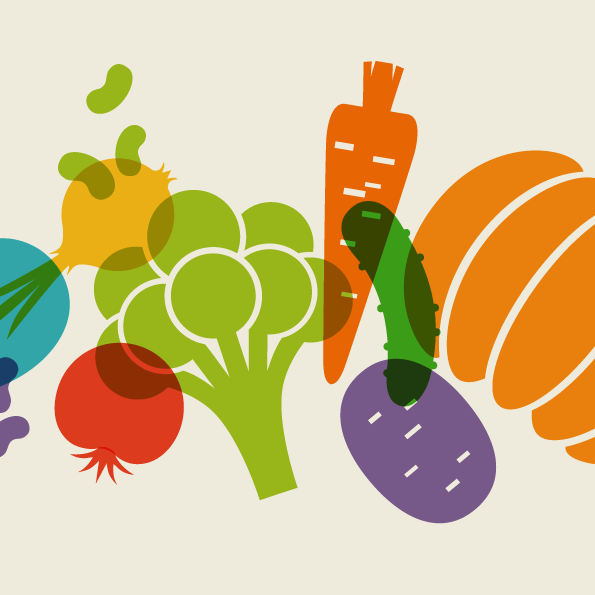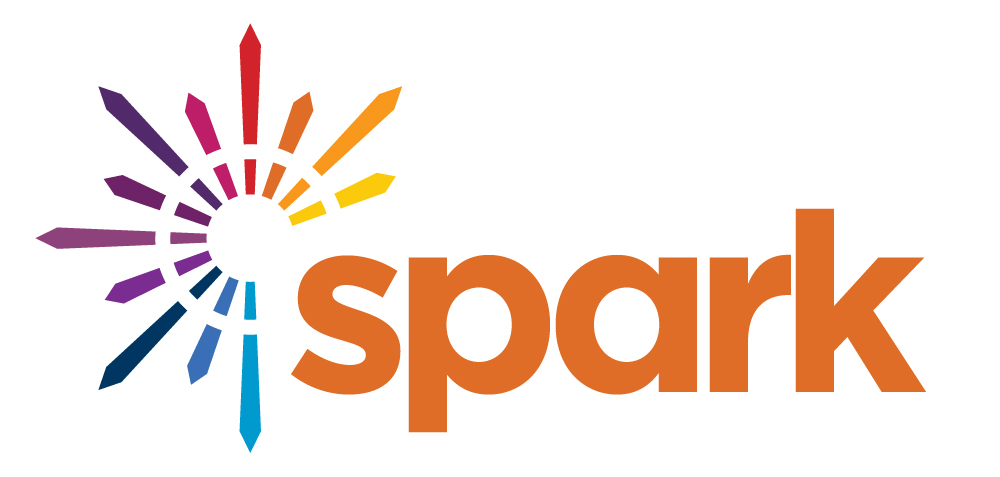
Years 5-6 Spark Program
Spark is an elective-based STEM and entrepreneurship ‘hands-on’ program for Years 5 and 6 students, unique to Canterbury.
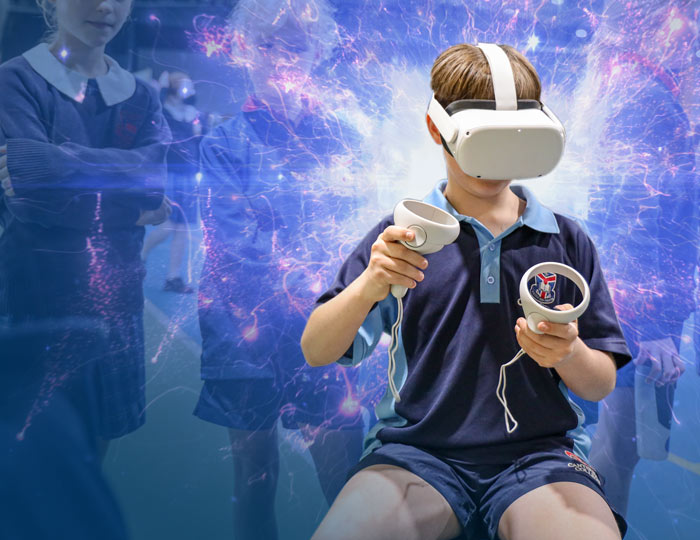
Spark Subjects
Laser Launch, Rolling Innovations, Mission to Outer Space,
Engage & Inspire: Interactive Poster Lab, Passion Project,
Innovate, Create and Elevate: Building Businesses Beyond School,
AR Biodiversity Discovery Trail, Eco Adventurers
In Term 1, our students are explicitly taught prerequisite design and inquiry skills that will best prepare them for success.
In Terms 2 and 3, students choose a subject to study in classes consisting of both Year 5 and Year 6 students, which are taught by relevant teams of teachers.
Spark is about building curiosity, encouraging students to try something different, and providing an exceptional opportunity for them to embark on their own learning journey as part of their World Ready Canterbury education.
Spark happens once per week with students encouraged to continue their learning beyond the classroom.
Spark focuses on the Australian Curriculum’s general capabilities looking at critical and creative thinking, personal and social capability, ethical understanding and intercultural understanding.
The Junior School will hold a learning exhibition at the end of Term 3, where all students will have something to exhibit based on their Spark sessions.
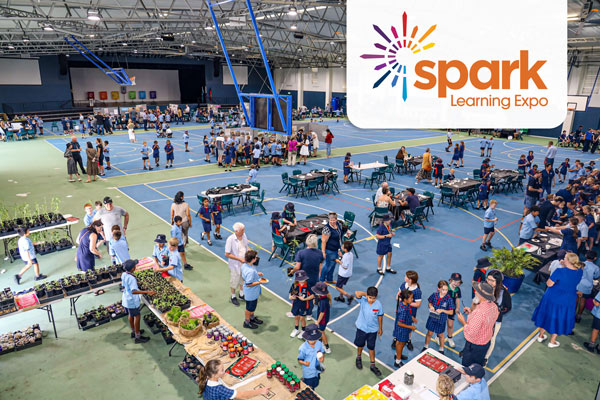
Spark curriculum options are typically sourced from the subject areas of History, Geography, Philosophy, Science, Technology, Health and Sport, but they vary each semester.
All Spark learning follows an inquiry model, with a focus on building student inquiry skills in questioning, researching, analysing, evaluating, reflecting and communicating.
When it comes to assessing critical and creative thinking, the learning continuum provides checkpoints on how this thinking should develop.
The four interrelated elements in the learning continuum are:
- Reflecting on thinking and processes.
- Analysing, synthesising and evaluating reasoning and procedures.
- Inquiring – identifying, exploring and organising information.
- Generating ideas, possibilities and actions.
These elements make their own contribution to learning and need to be explicitly and simultaneously developed.
By following an inquiry framework, the focus is less on the ‘end product’ and more about the learning and understanding that occurs along the way.
This may look different for each student.
